Welcome back to the RiverSoft Knowledge series. In this blog, we will explore how effective drinking water filters, especially RO filters, are when dealing with TDS.
Have you ever wondered how TDS (Total Dissolved Solids) impacts the water you drink or how effective RO filters actually are? If yes, this post is for you. Keep reading to make informed decisions about your water quality and choose the best hard water filter in India.
How Do RO Filters Work?
Most drinking water filters use the reverse osmosis (RO) technology to clean the water. It is a simple process where water is pushed under pressure through a semi-permeable membrane, which removes the solids (minerals and salts) from the water. This purifies the water and makes it cleaner and safer to use.
Although RO filters are an excellent option for clean water, they also eliminate many good minerals, lowering the TDS level to an unhealthy amount, especially if the natural TDS in your area is already low.
Check out our blog on “Water Softeners & TDS: What You Need to Know” for more information on how water softener can address the issues of TDS in water.
What Is a TDS Controller for RO
This is where a TDS controller for RO comes in. A TDS controller allows water through the RO membrane, letting it mix with the already purified water. This helps raise the TDS level and balance the minerals in your water.. It bypasses the water and instead of going to RO membrane, it is mixed with the filtered water. This is more like a hack to increase water TDS.
While RO systems helps in removing solids and making water fit for drinking, they waste about 60-70% of water. As a society this is very inefficient and not at all eco friendly.
What Should You Do?
An RO filter is not the best option for areas with already low TDS water. The already low TDS, along with RO, may remove important minerals from your water. In such cases, a UF (ultrafiltration) or NF (nanofiltration) filter will be ideal. These filters do not waste much water and are good for areas with medium-range TDS.
Conclusion
To conclude, RO filters are a good investment, but they come with certain disadvantages like wastage of water and reducing the level of TDS too much. If you live in an area with medium to low TDS, consider using a more efficient filter like UF or NF filters.




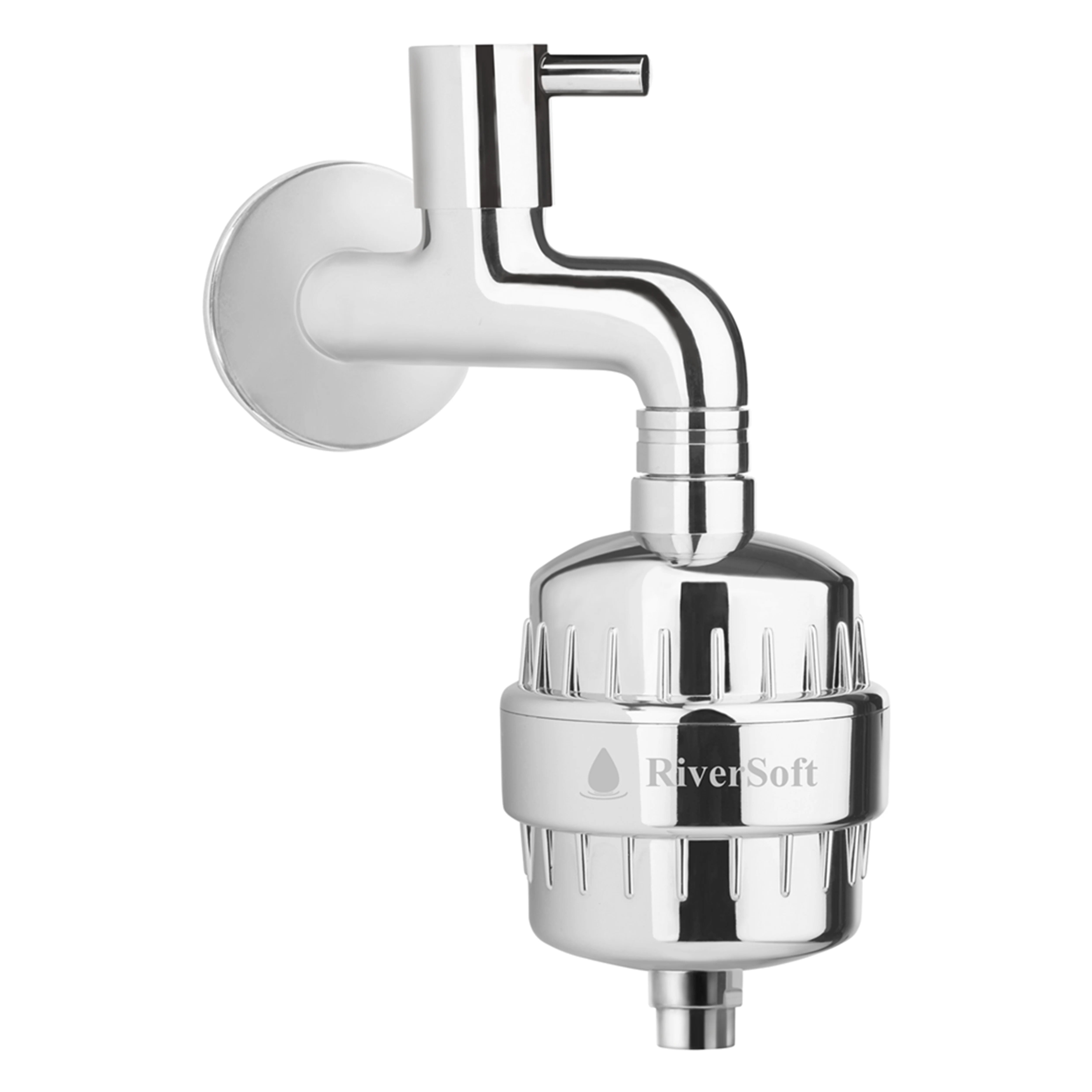
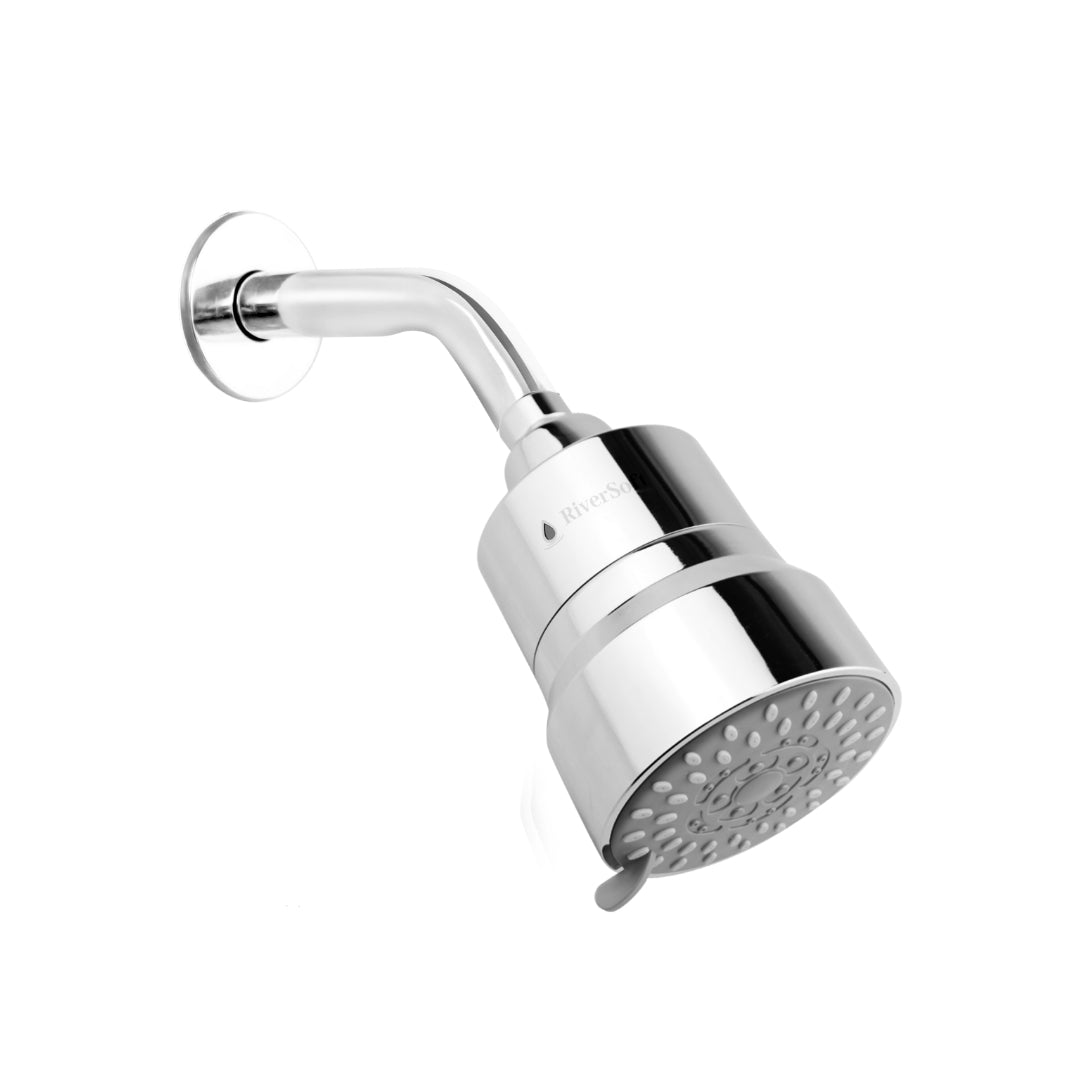
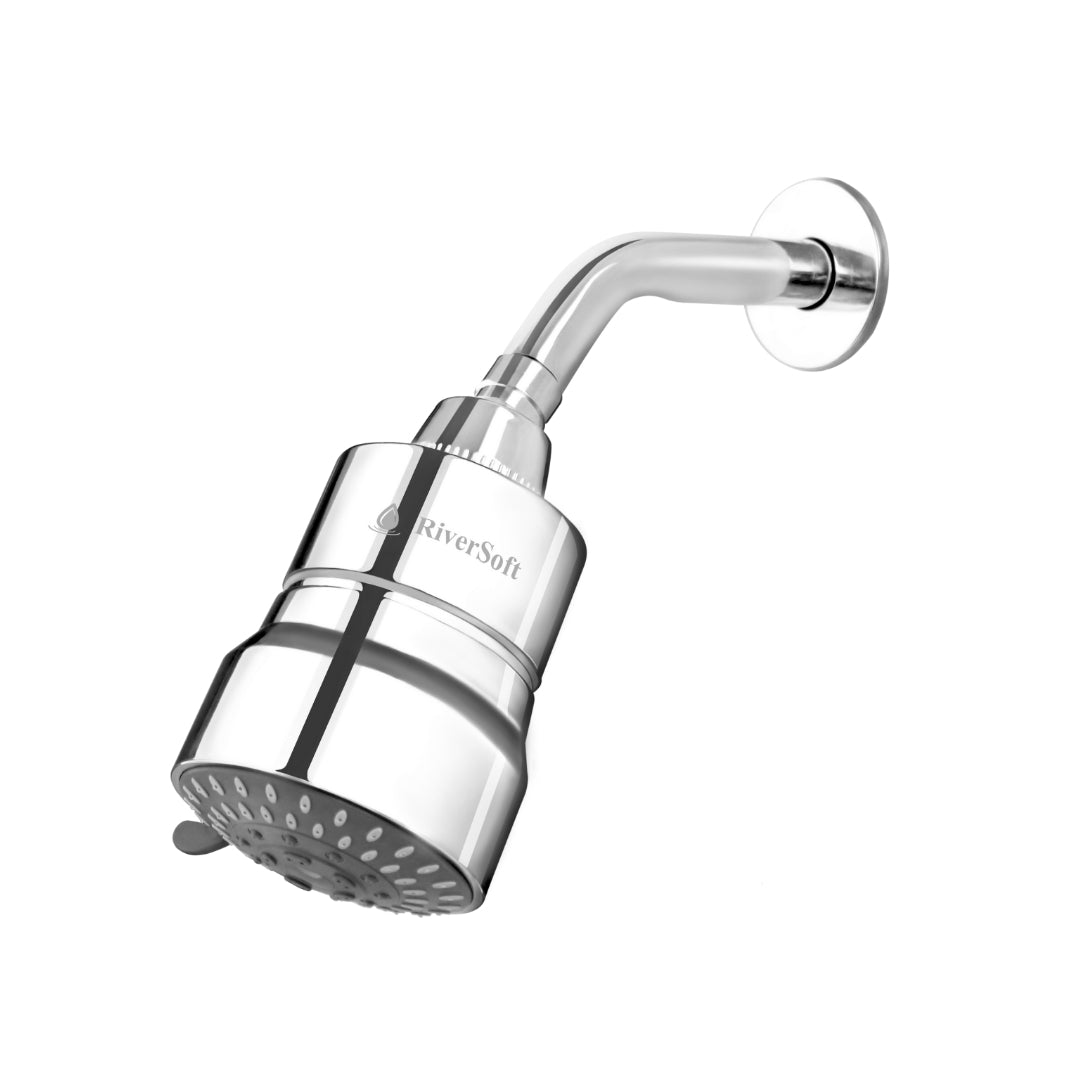
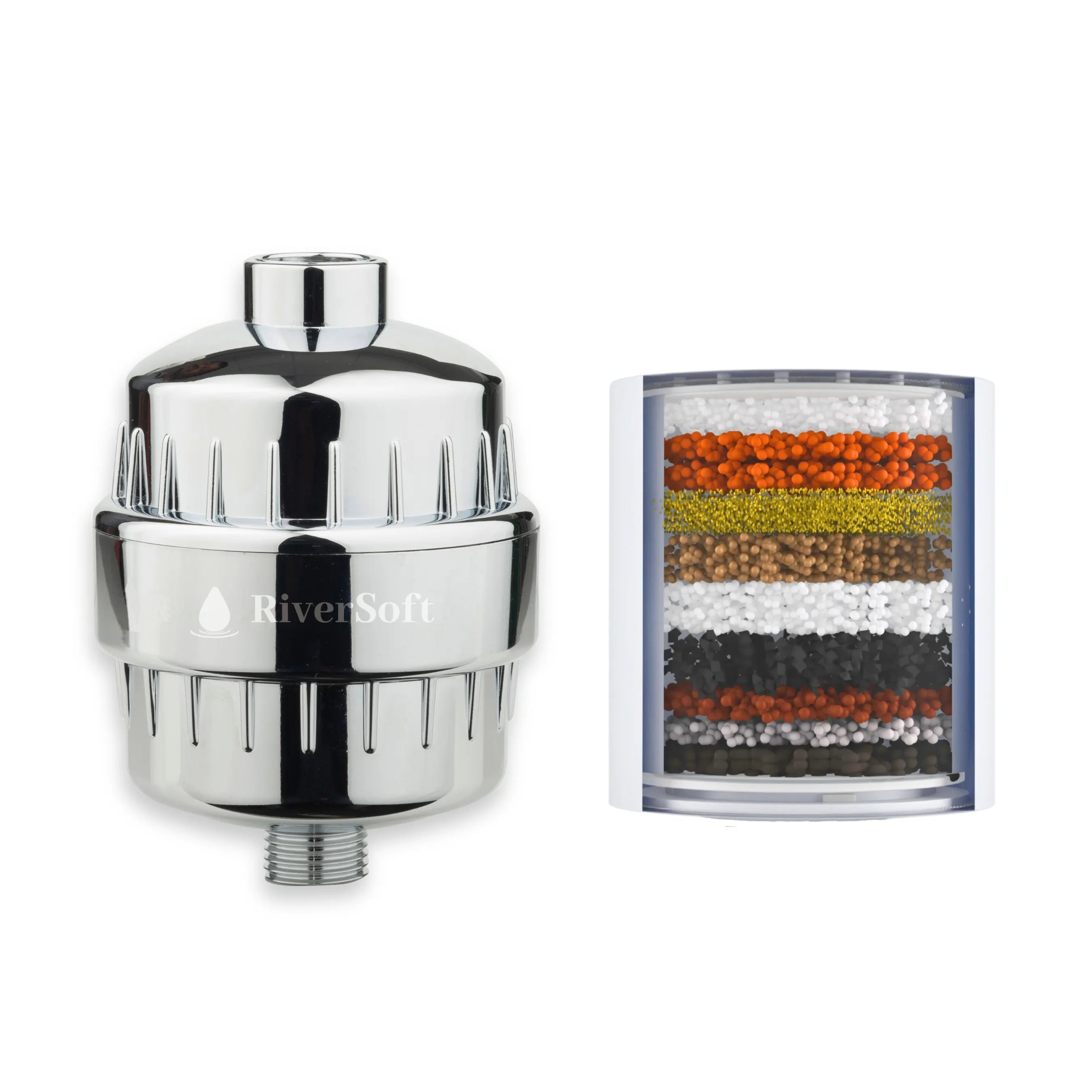
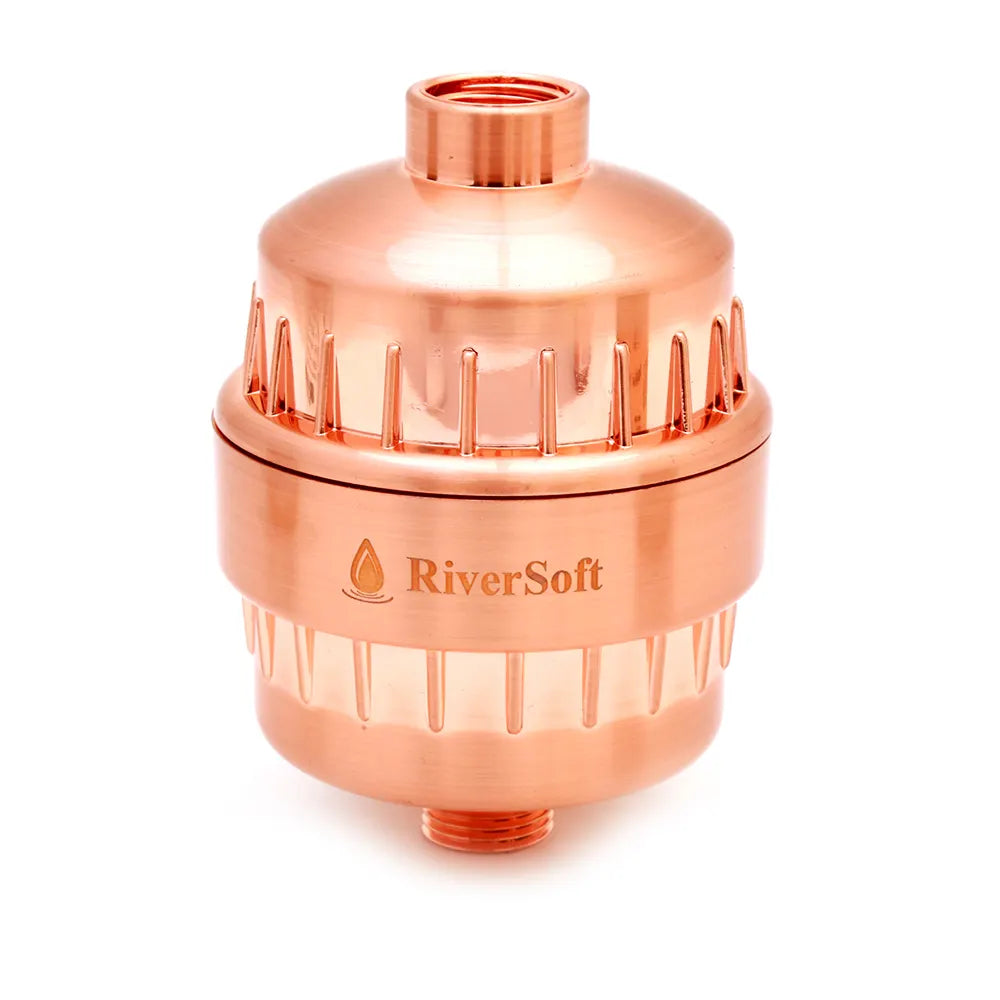
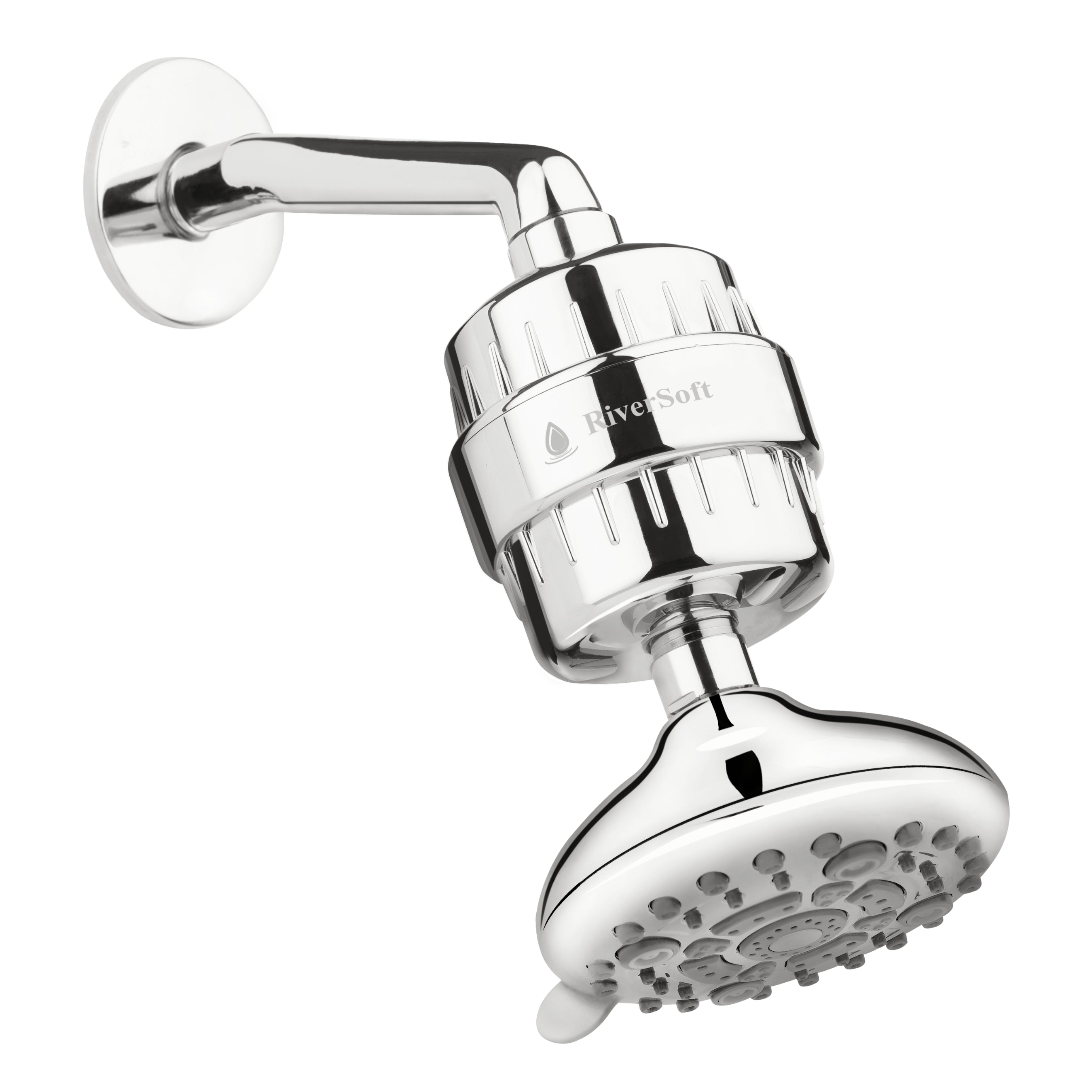
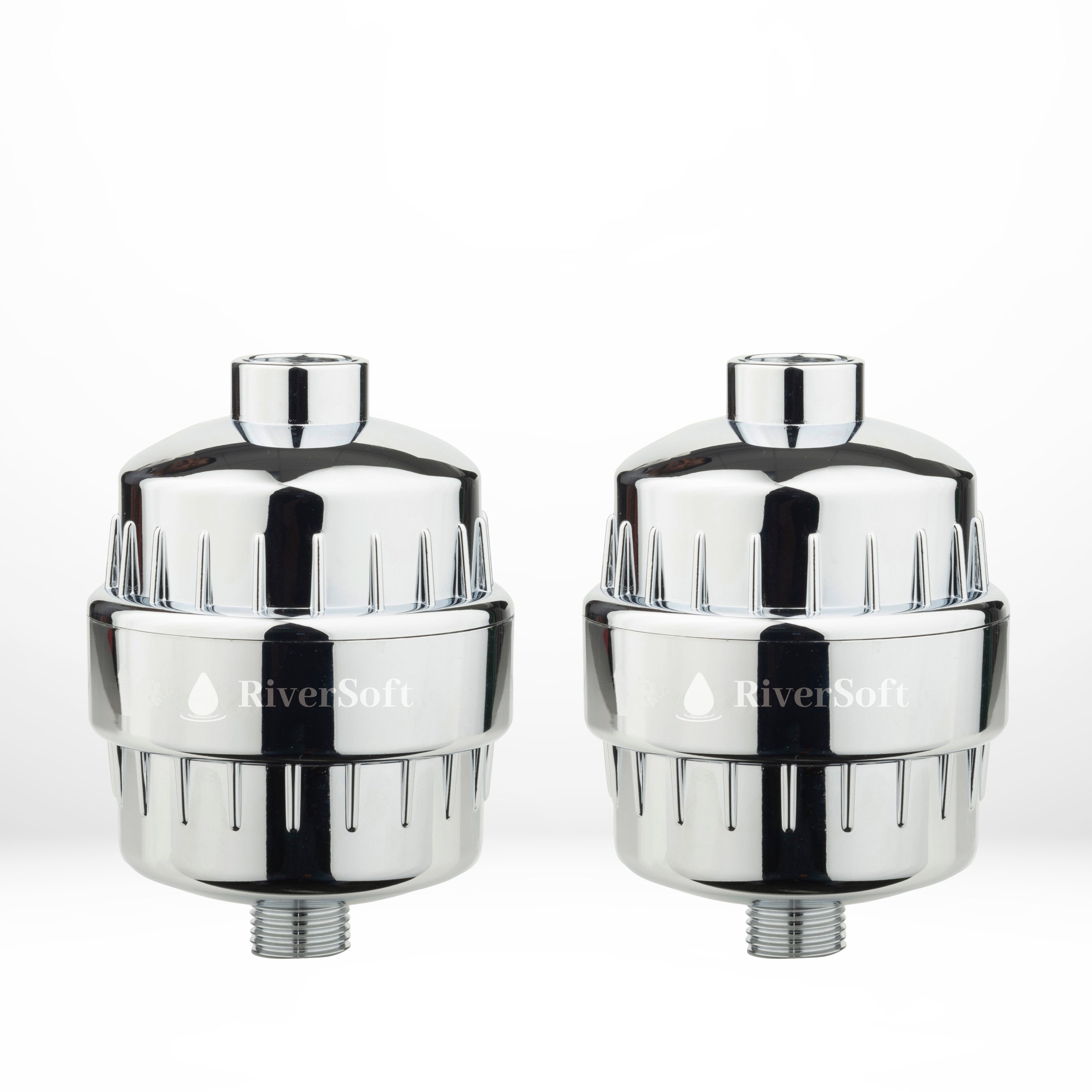
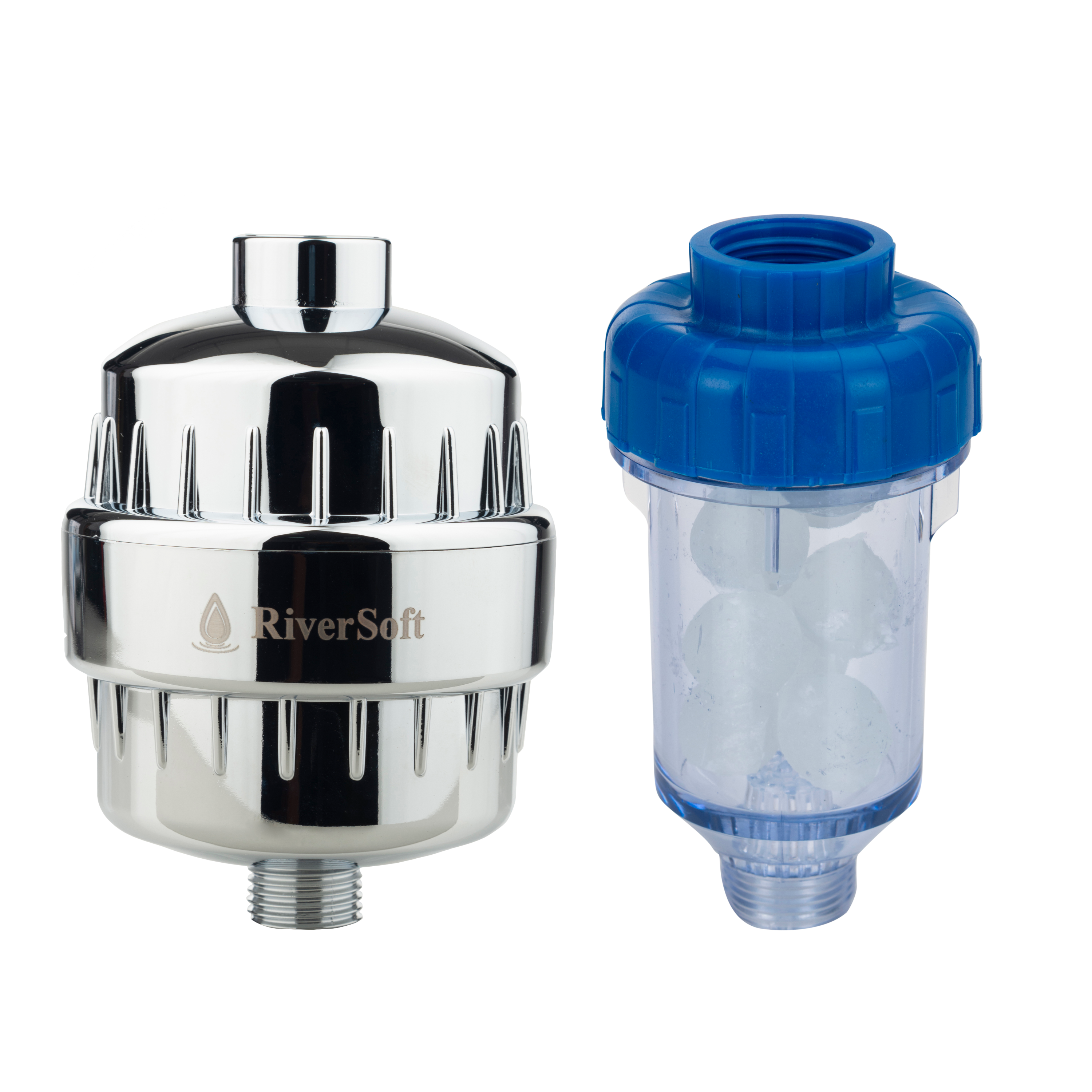
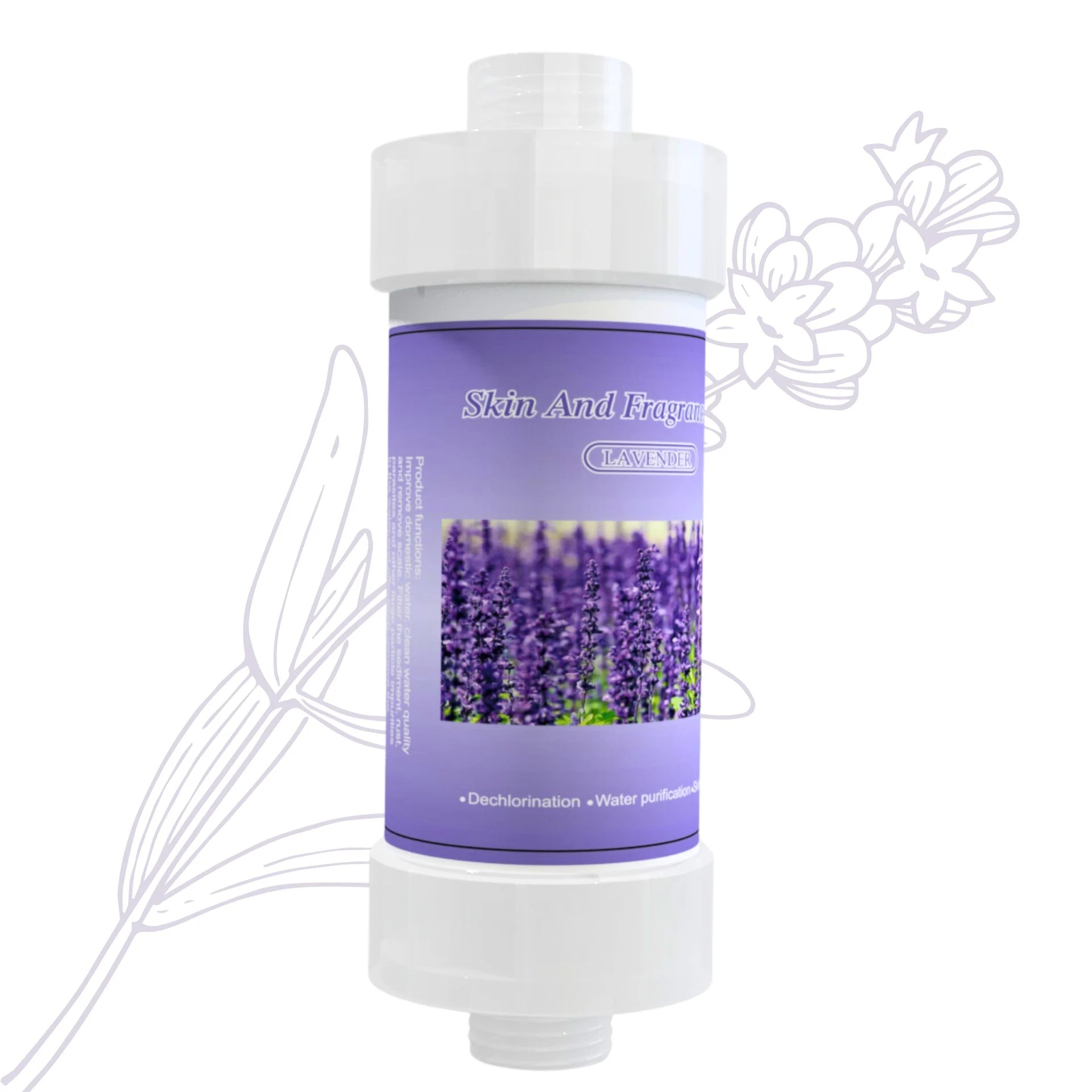
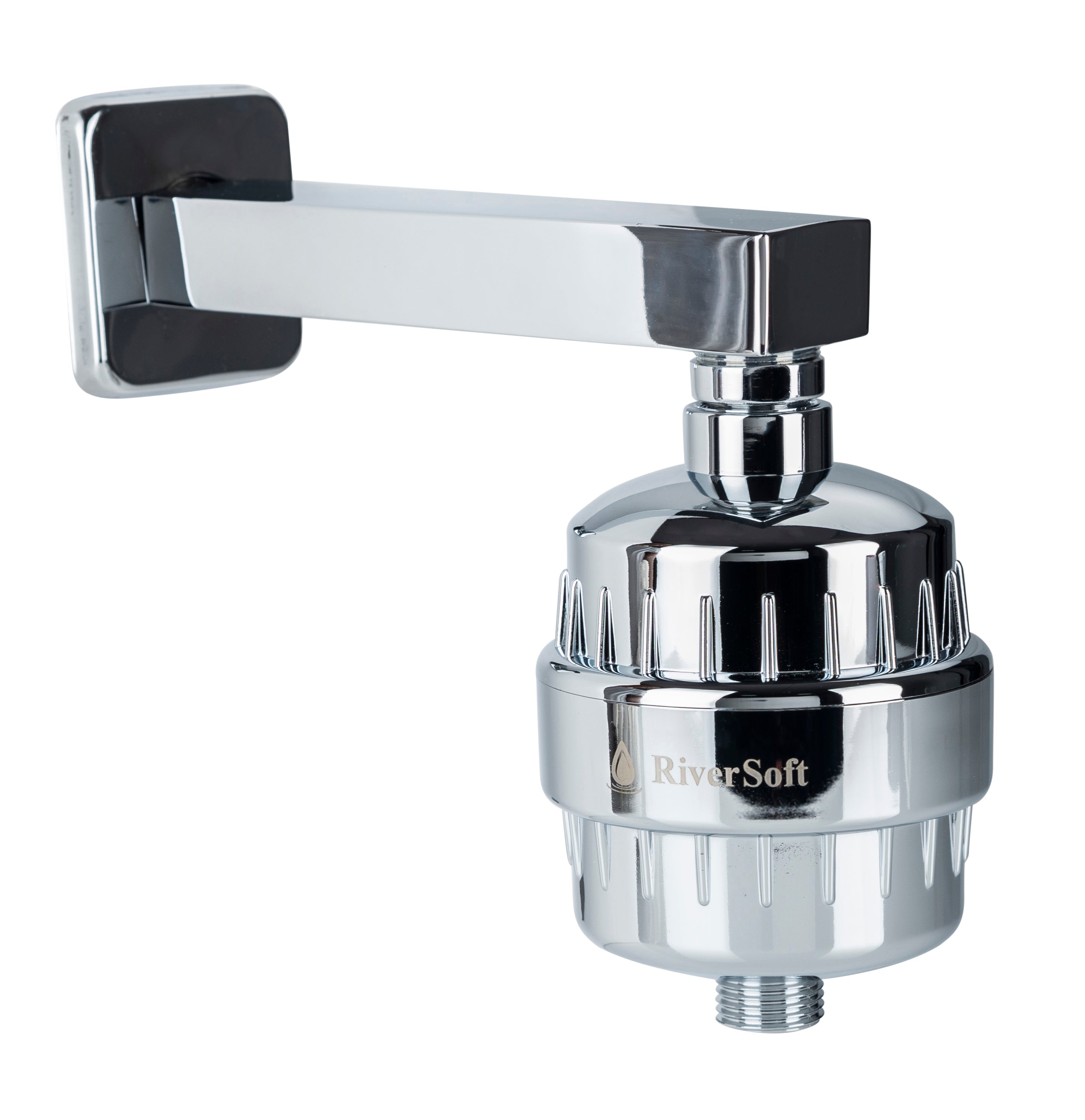
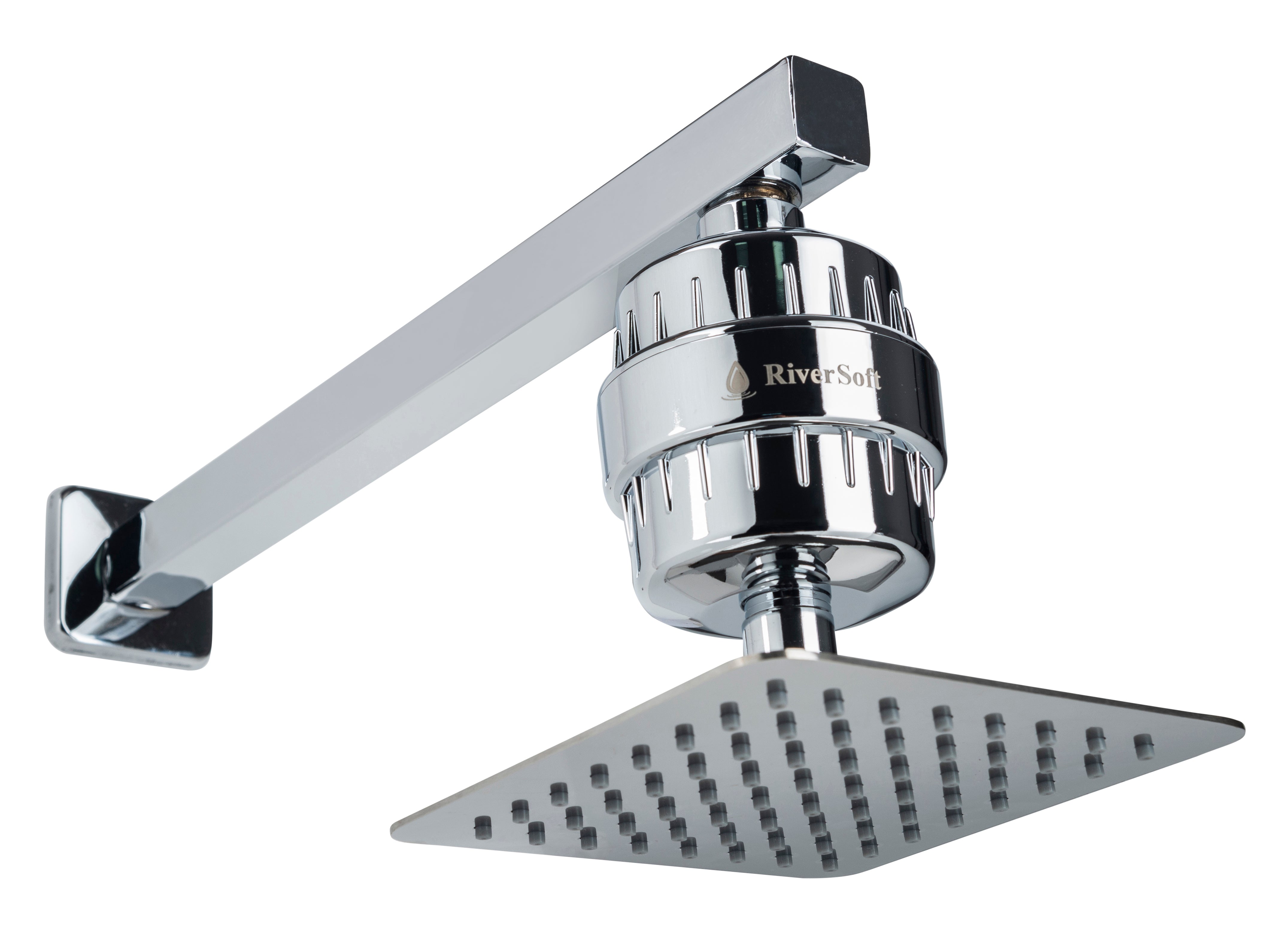
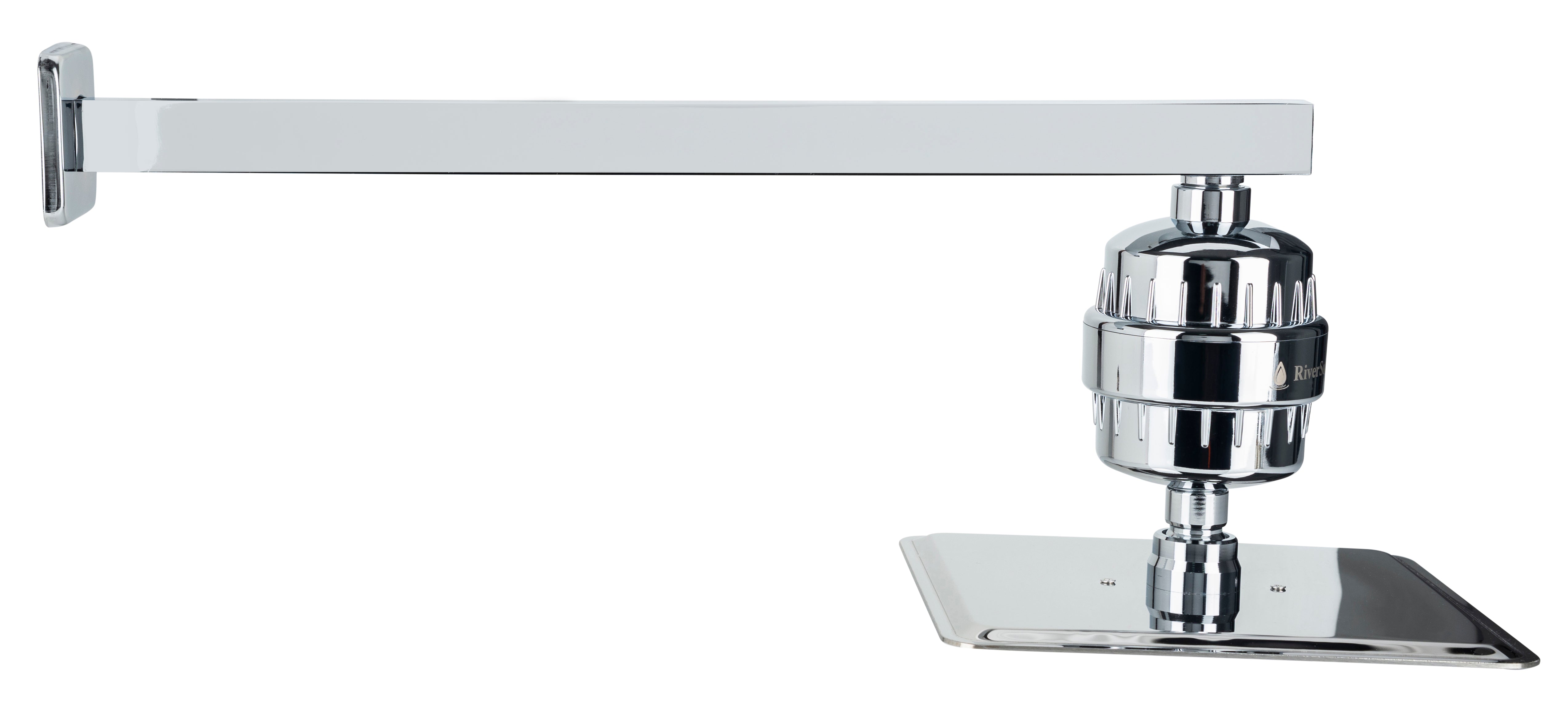
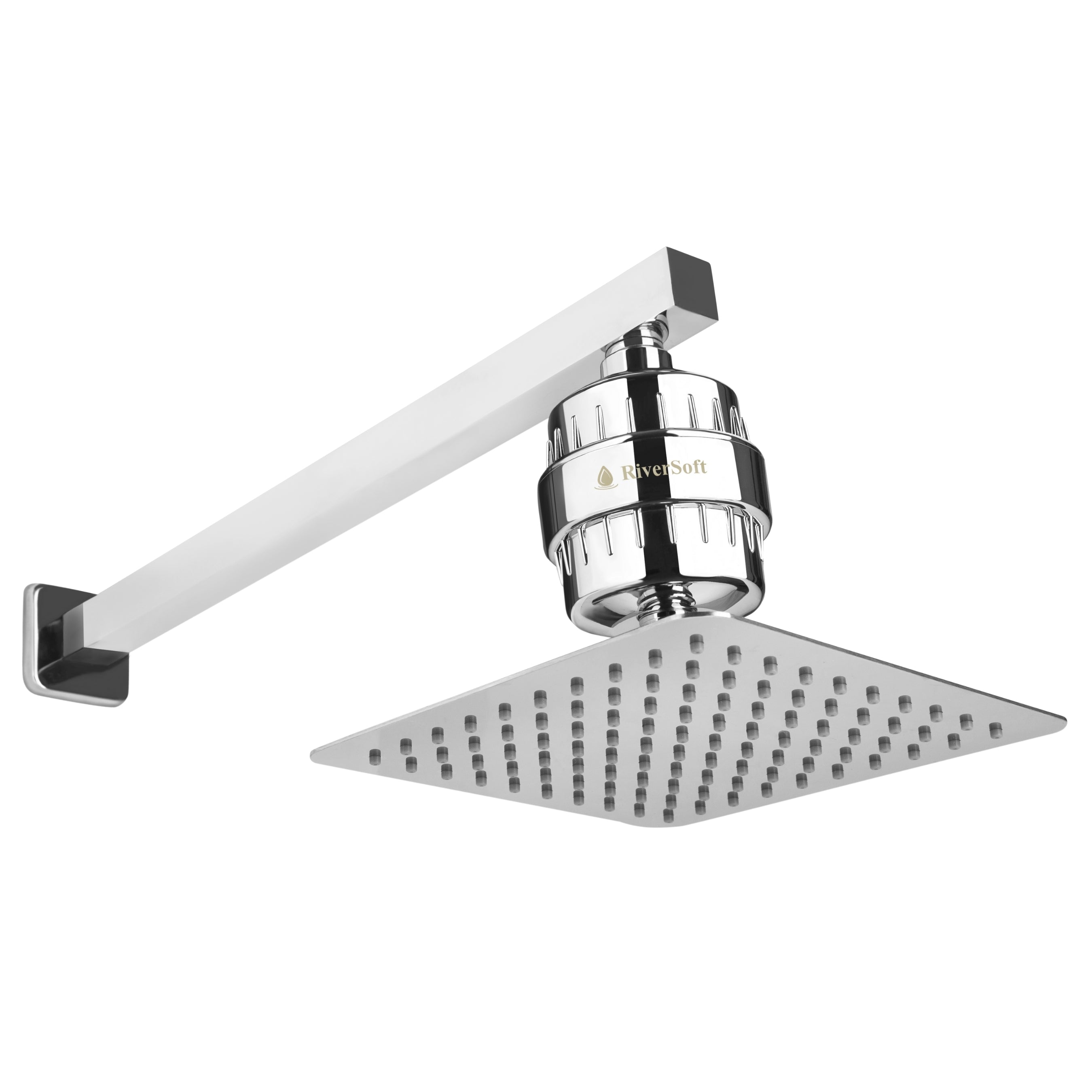
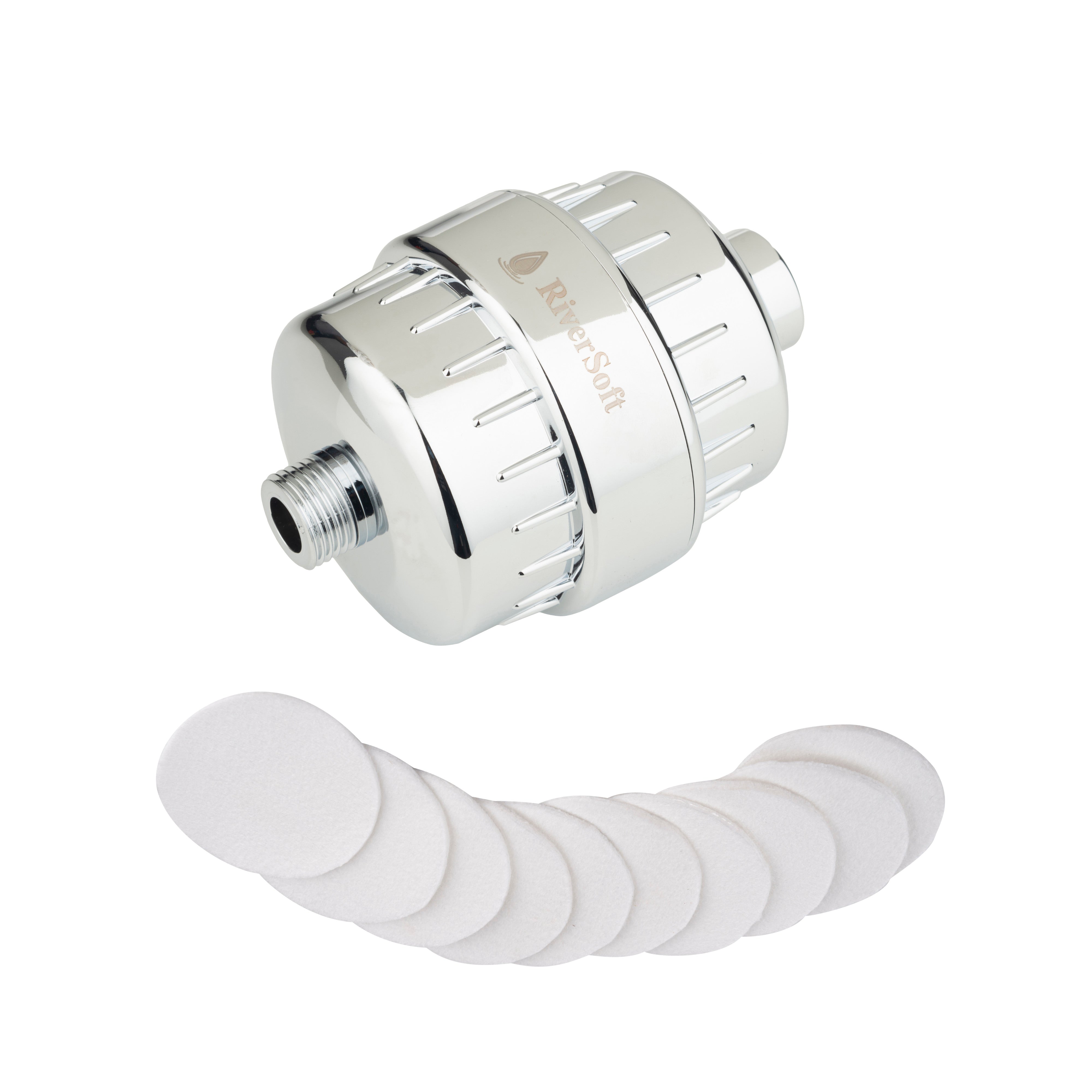
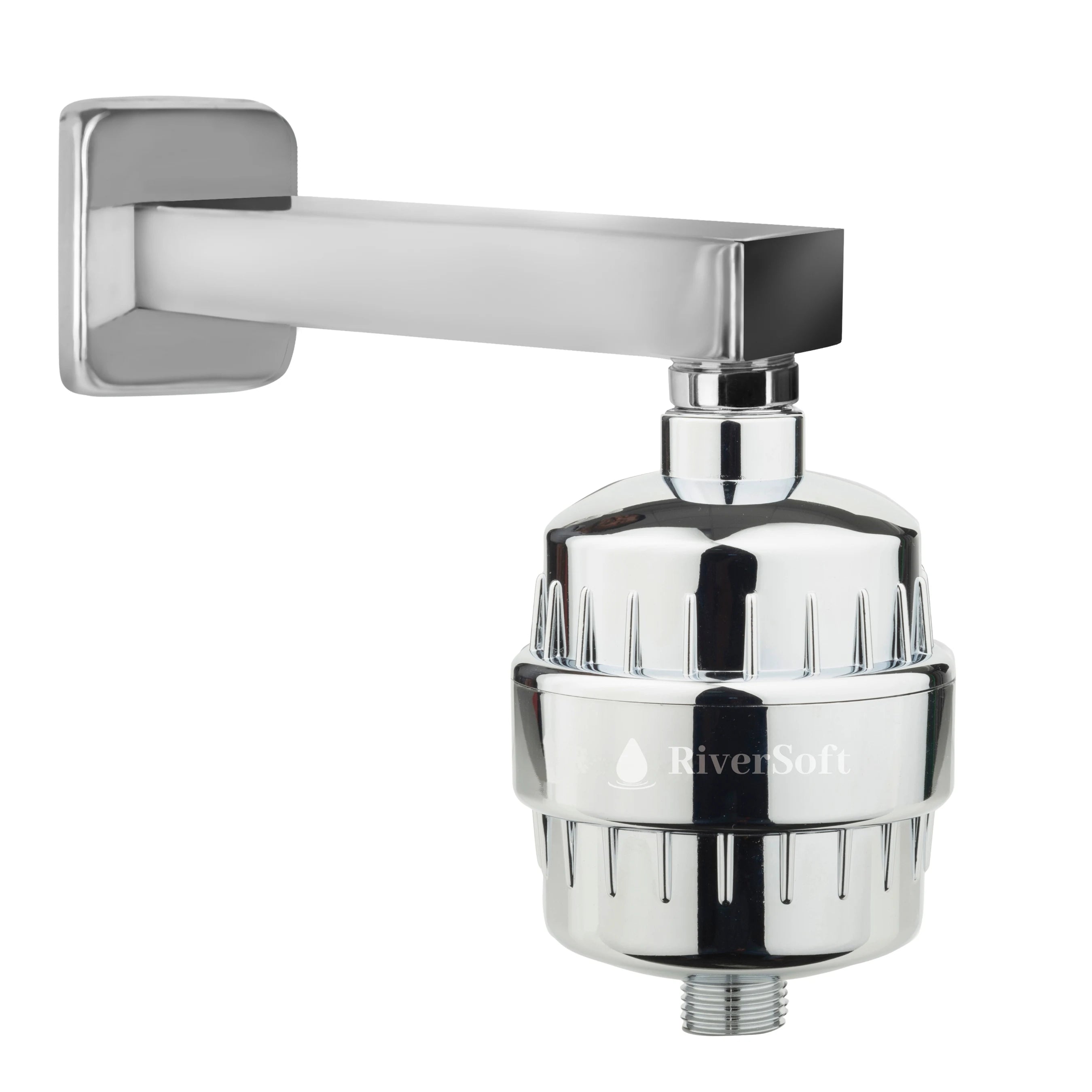
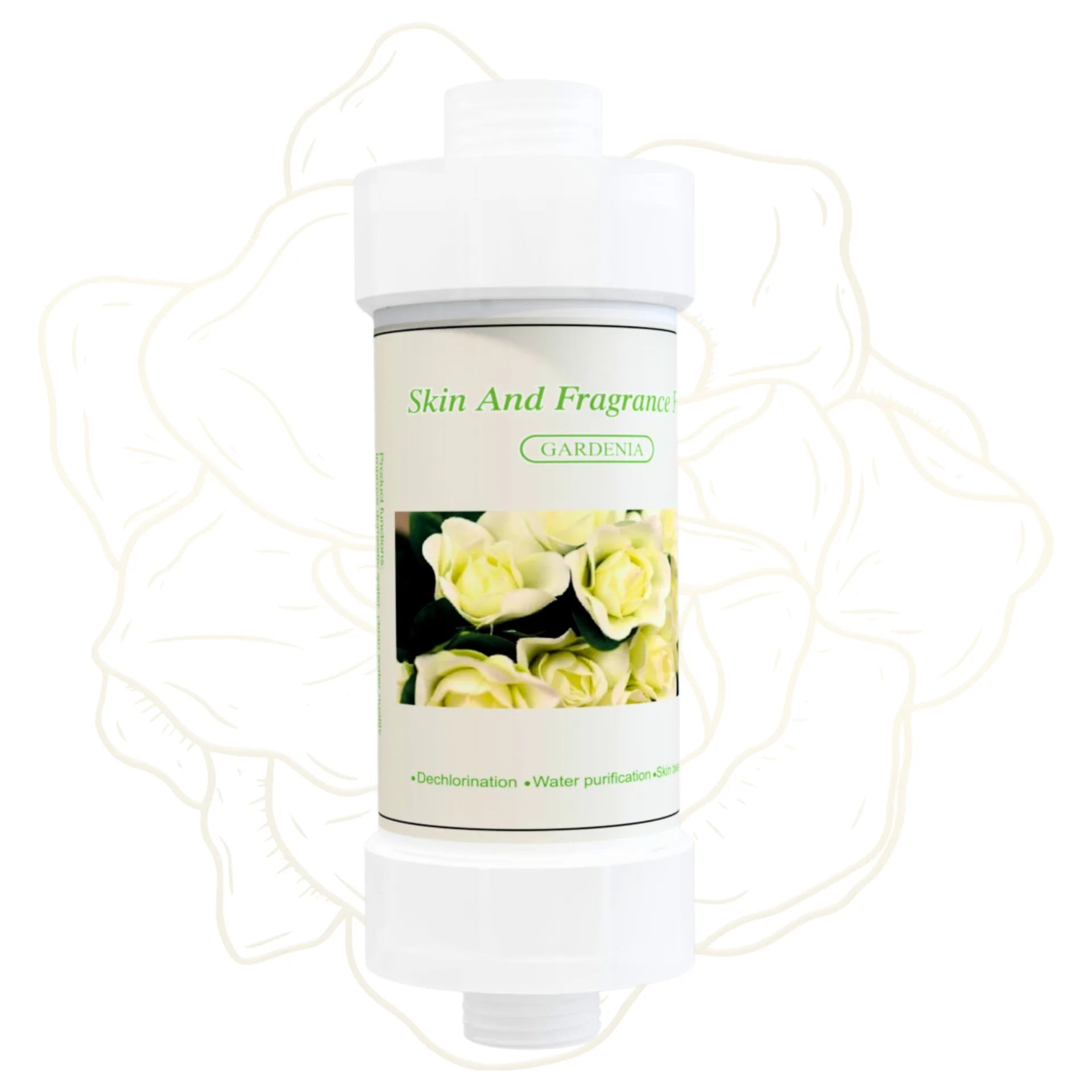
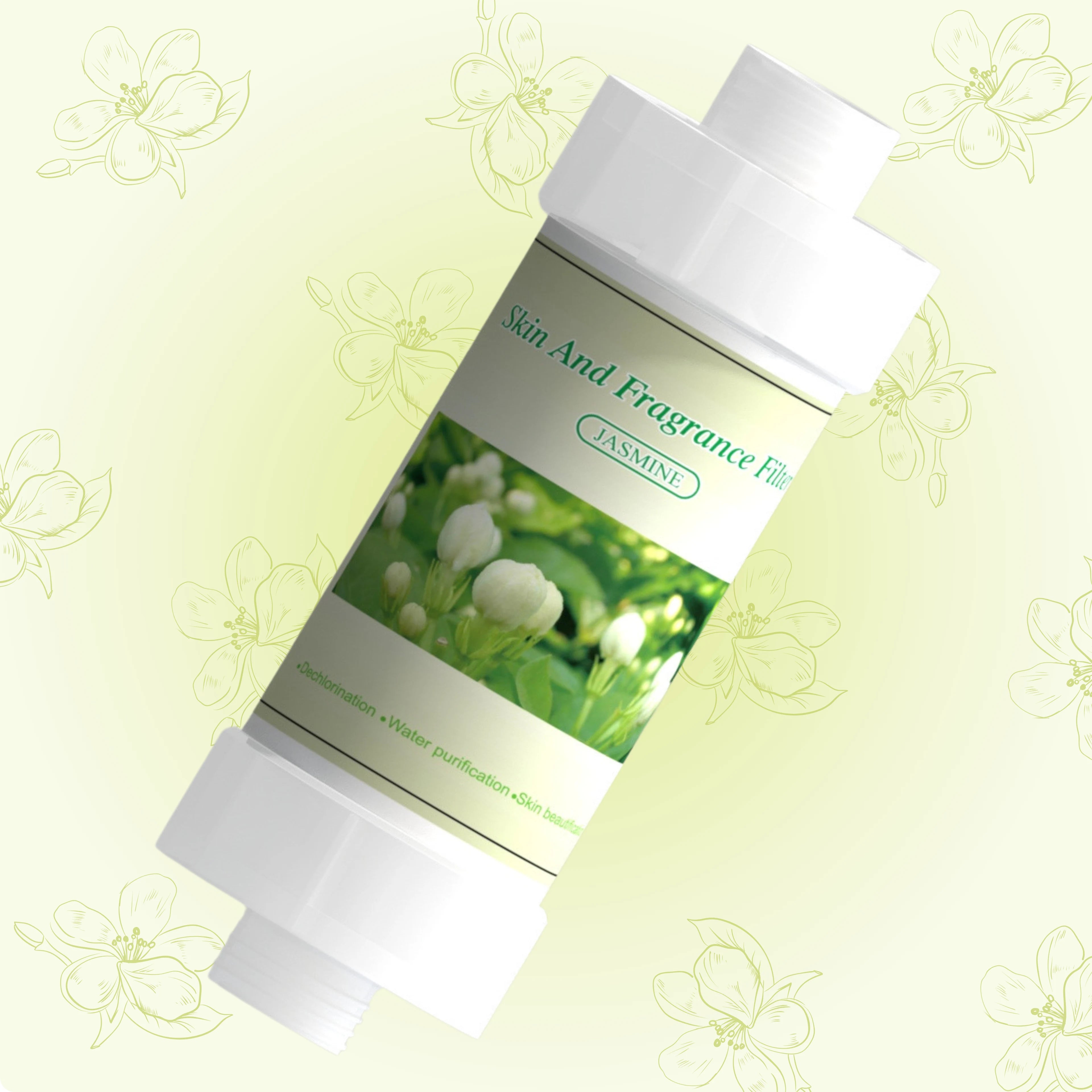
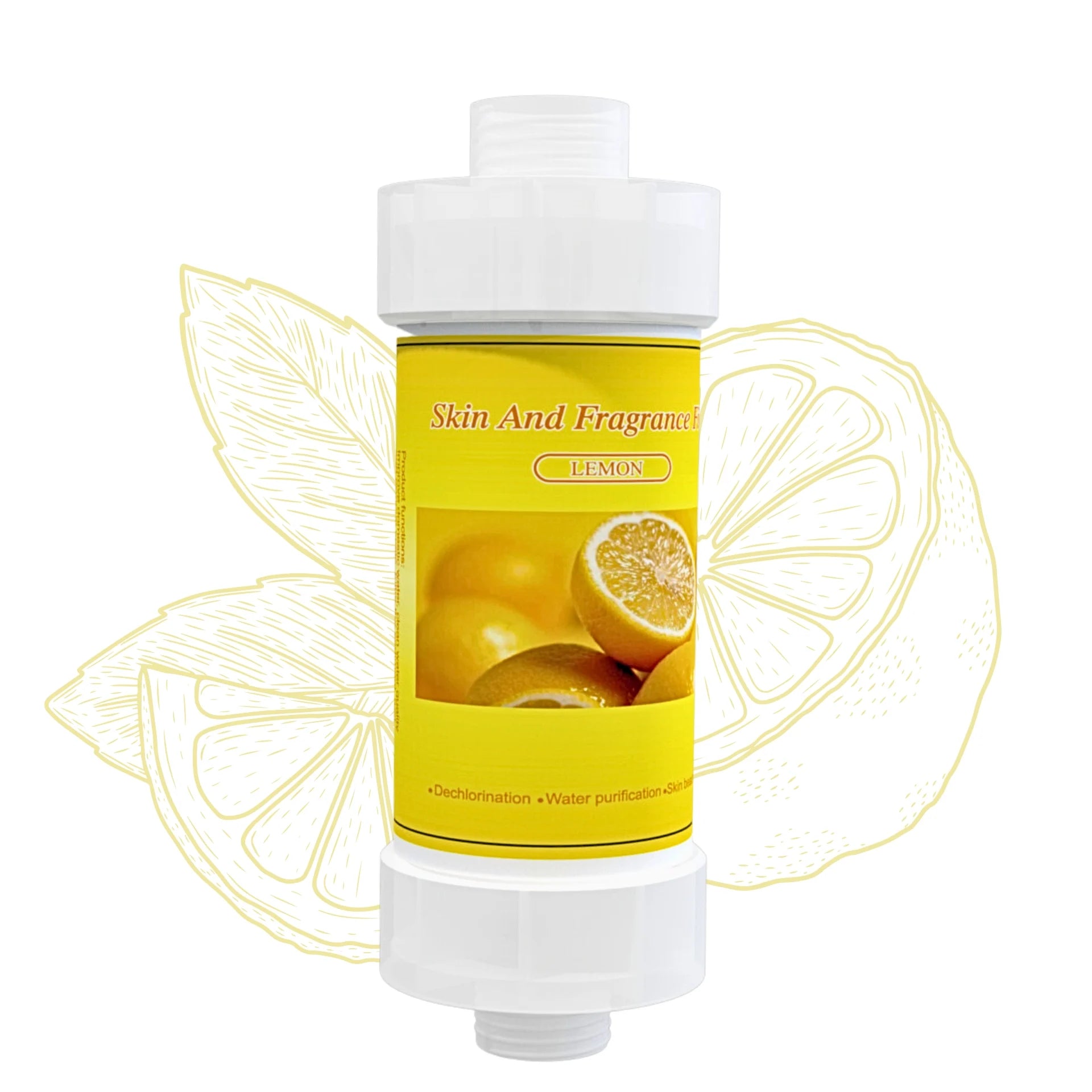
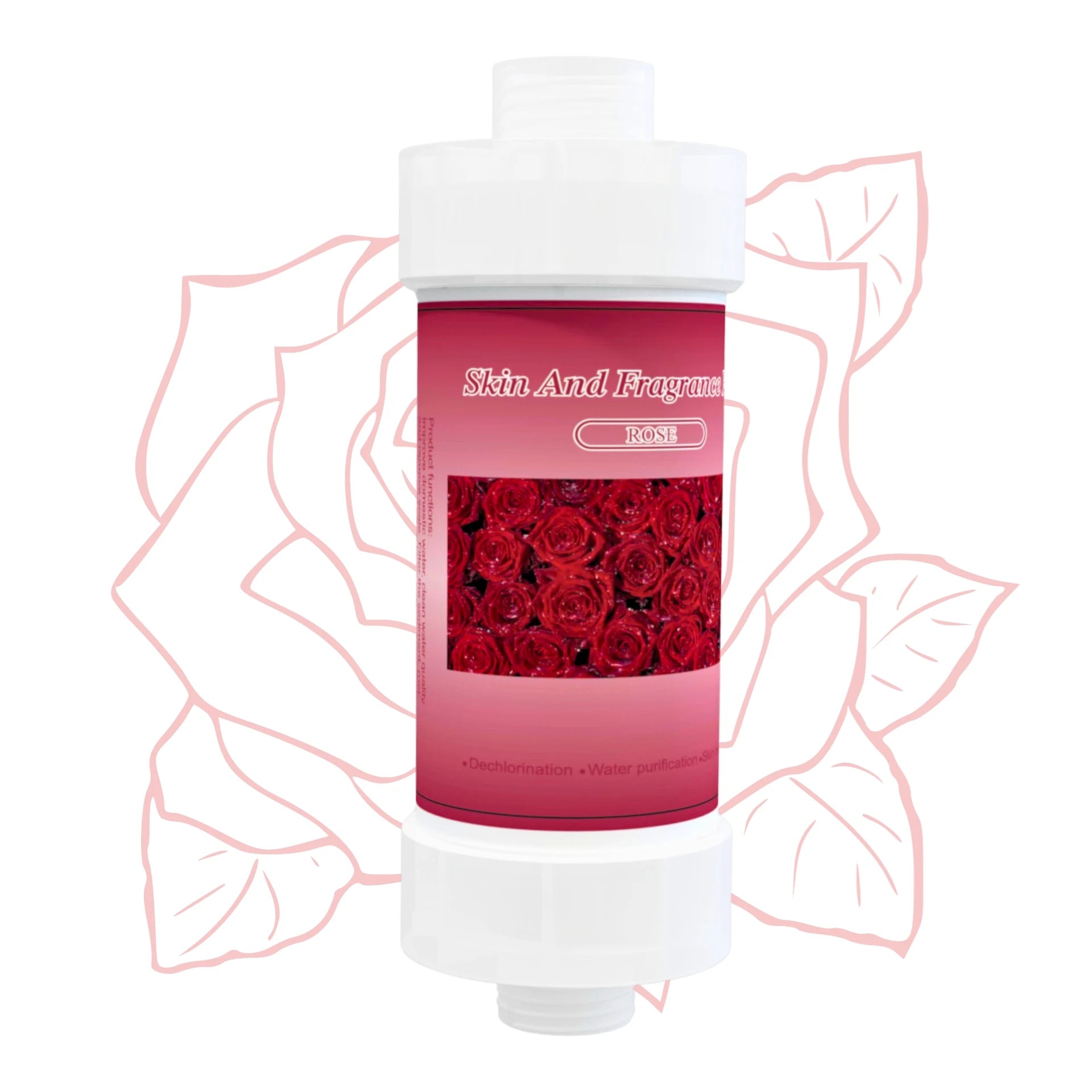
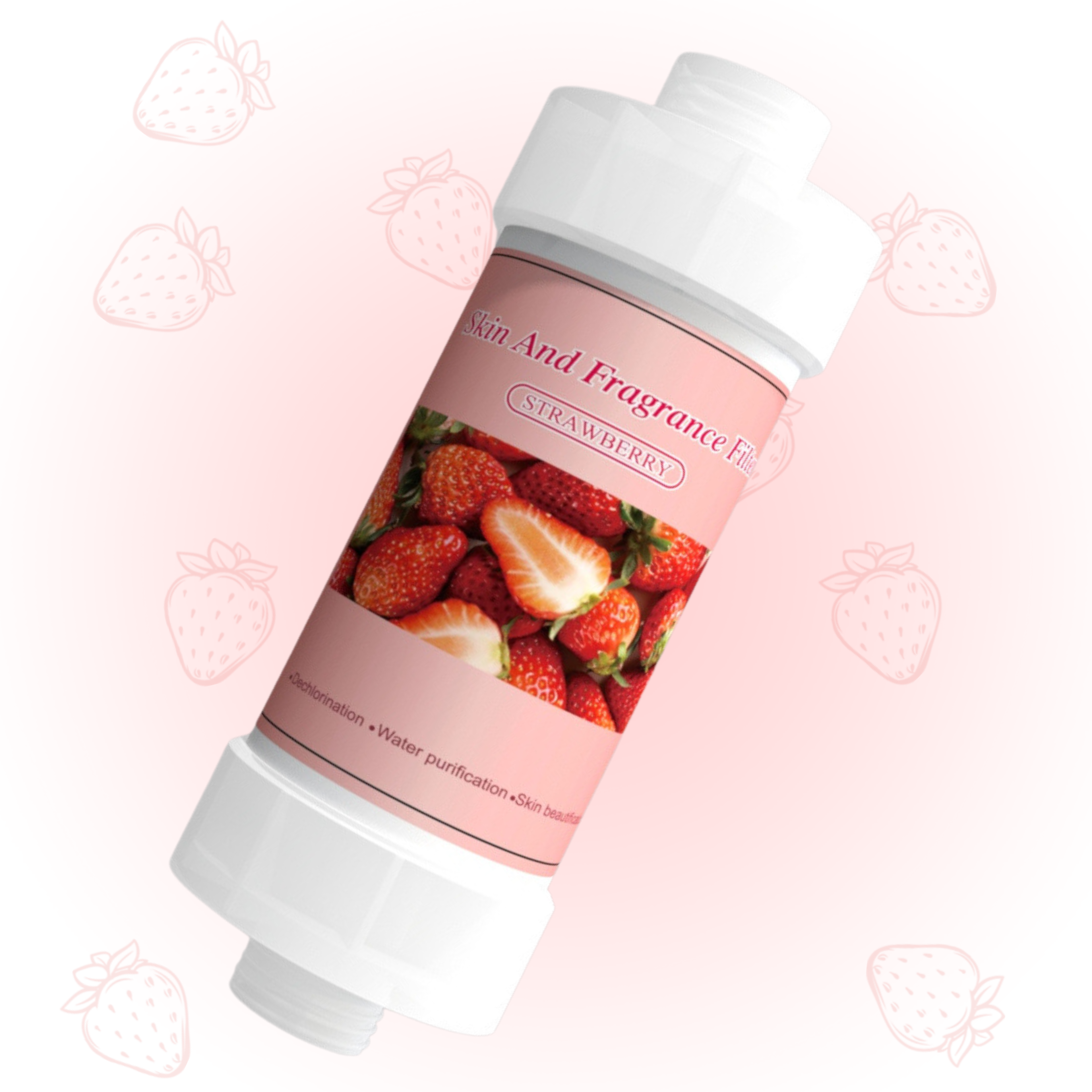
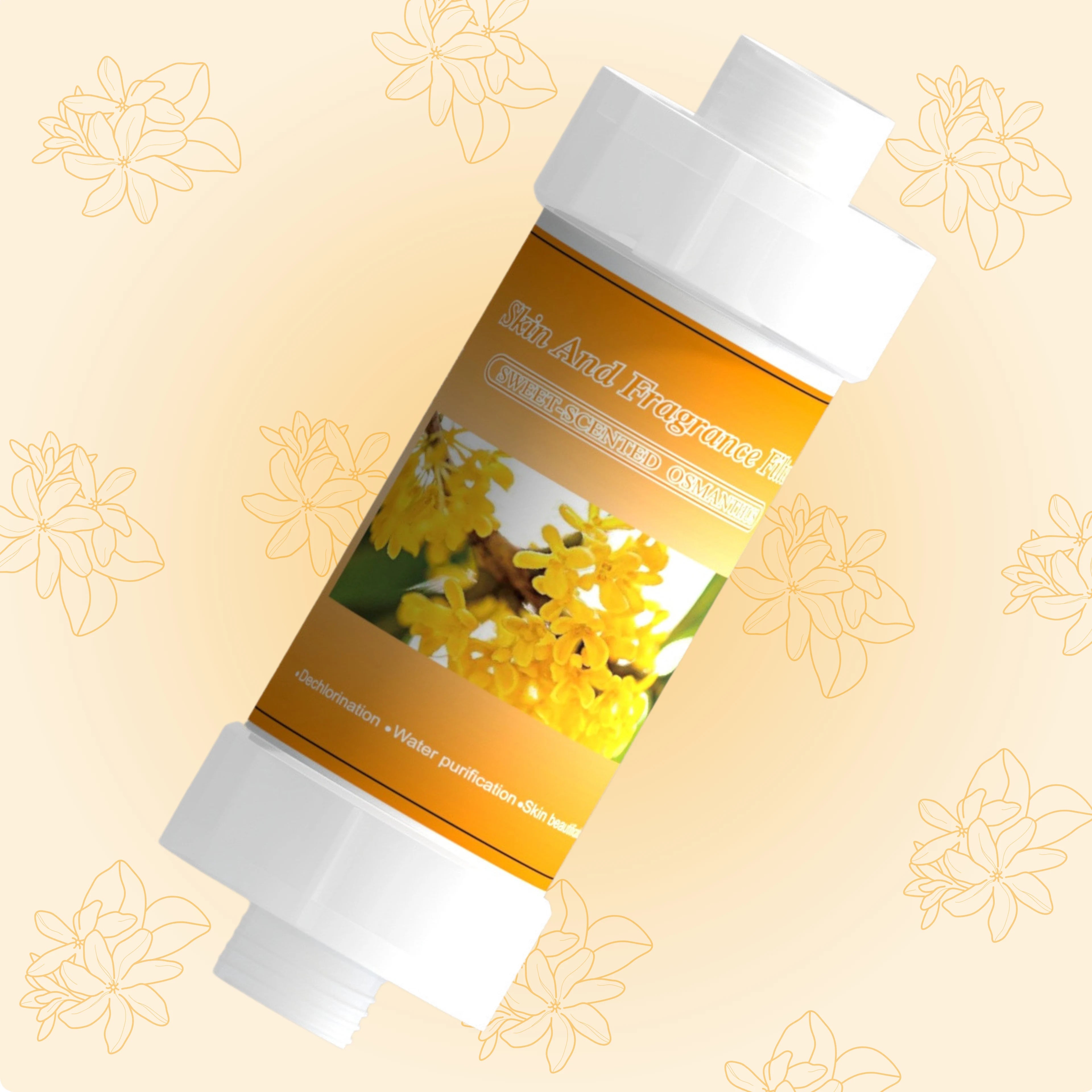
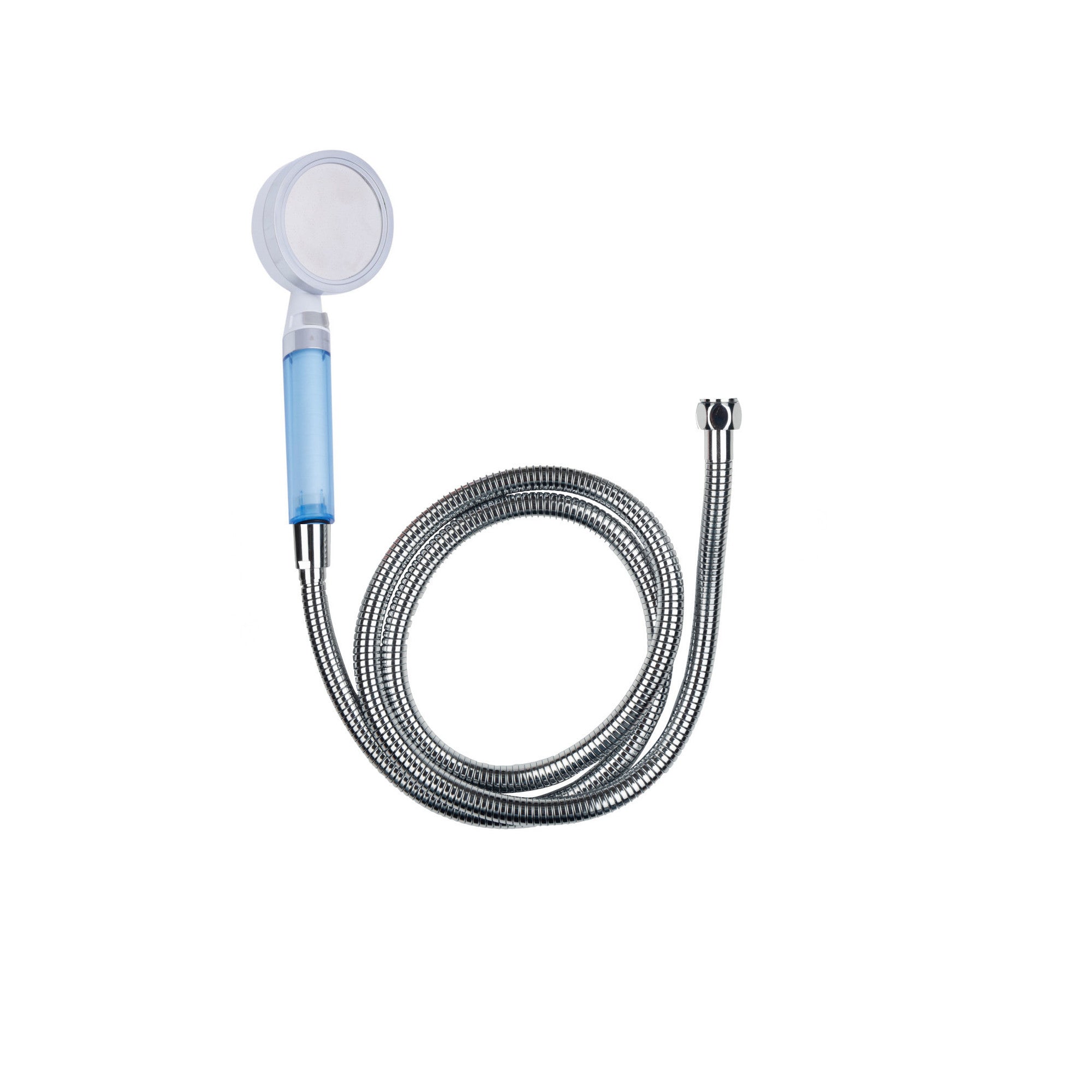
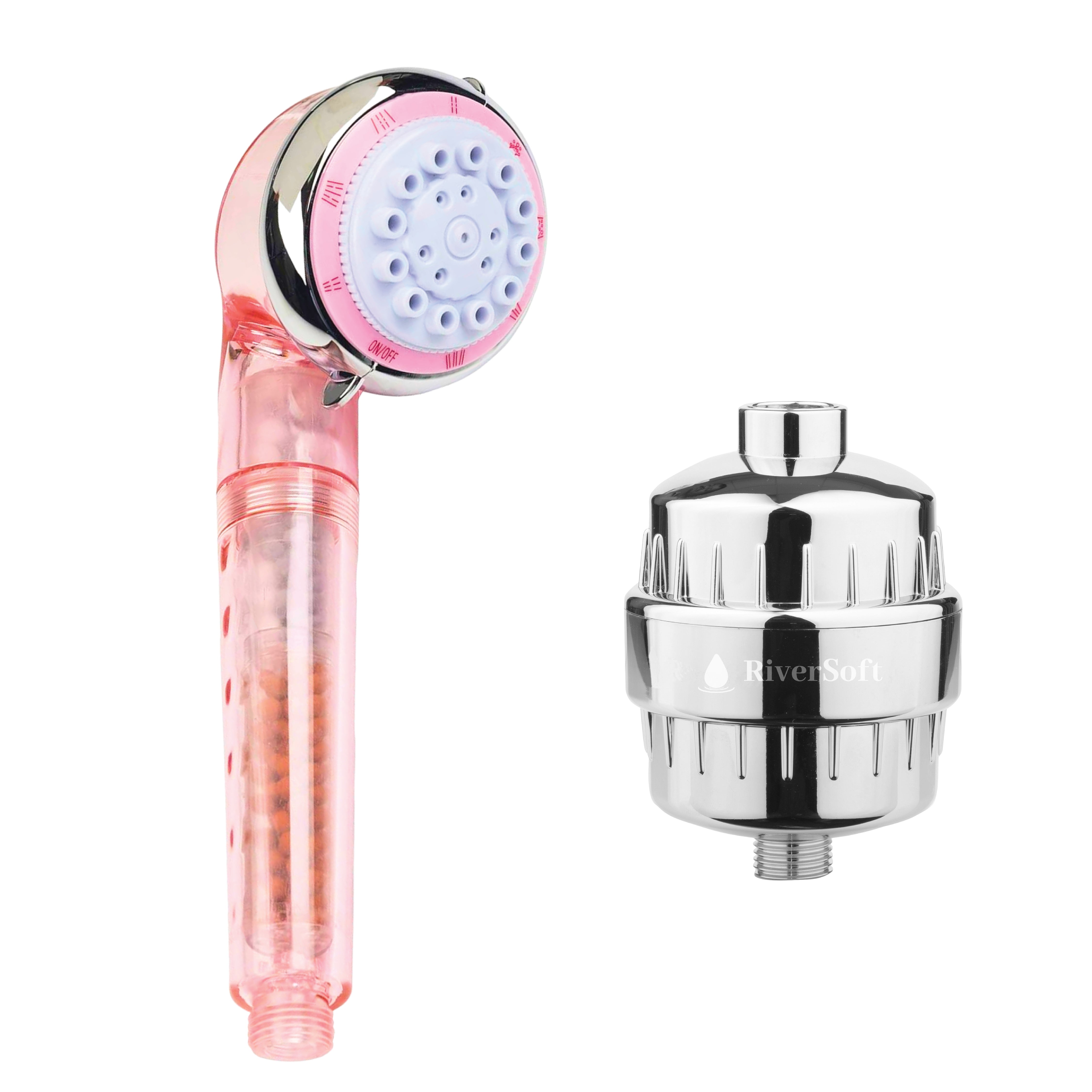
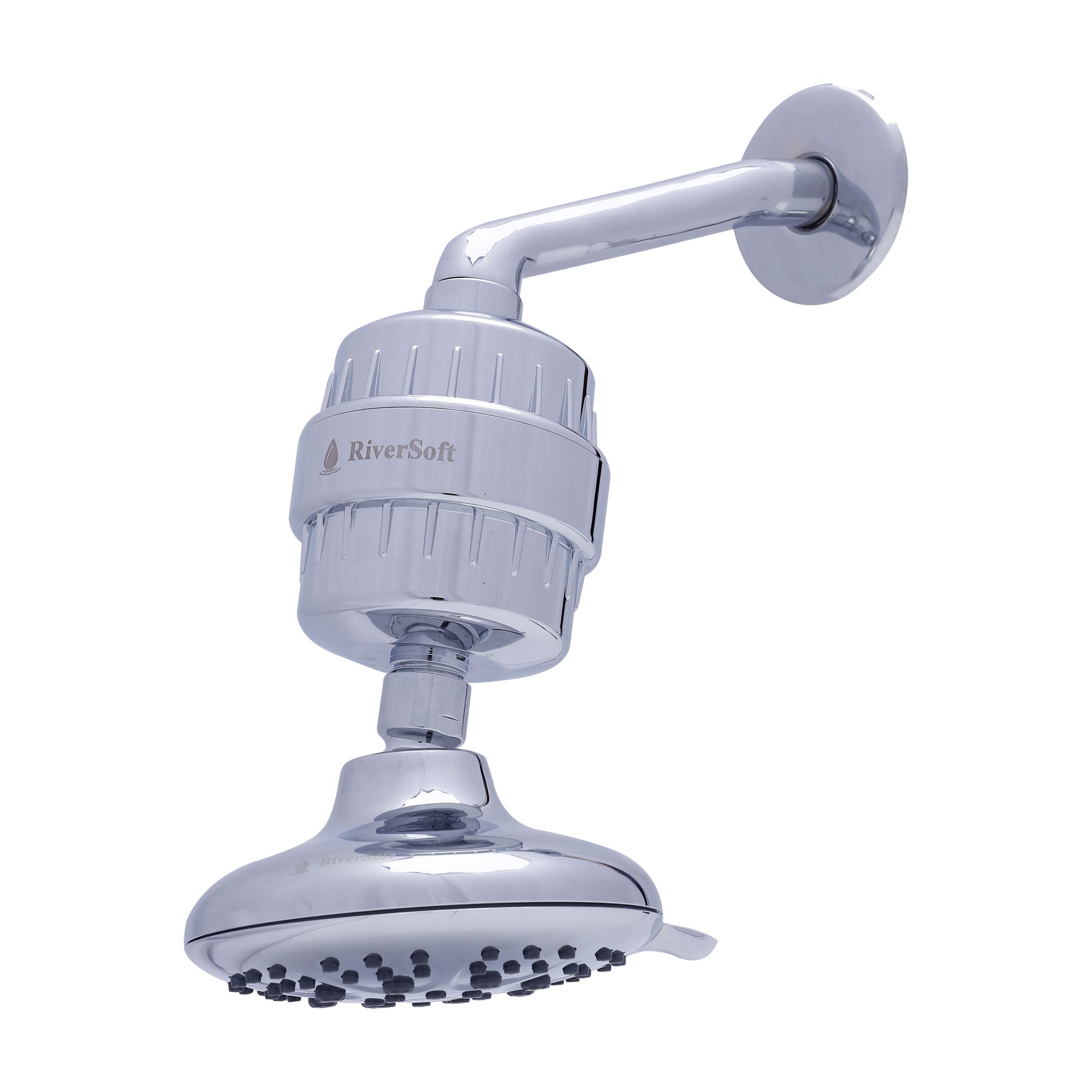
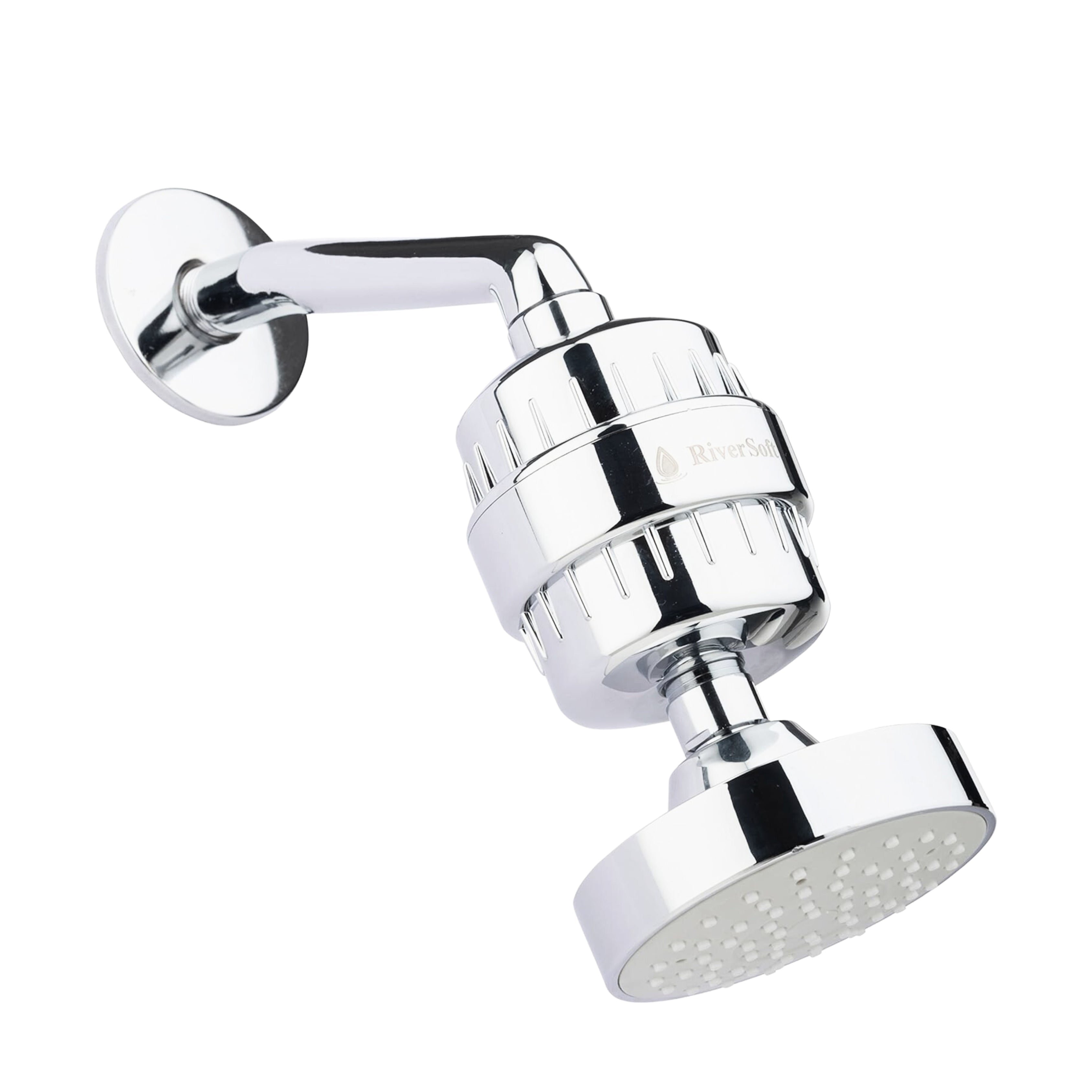
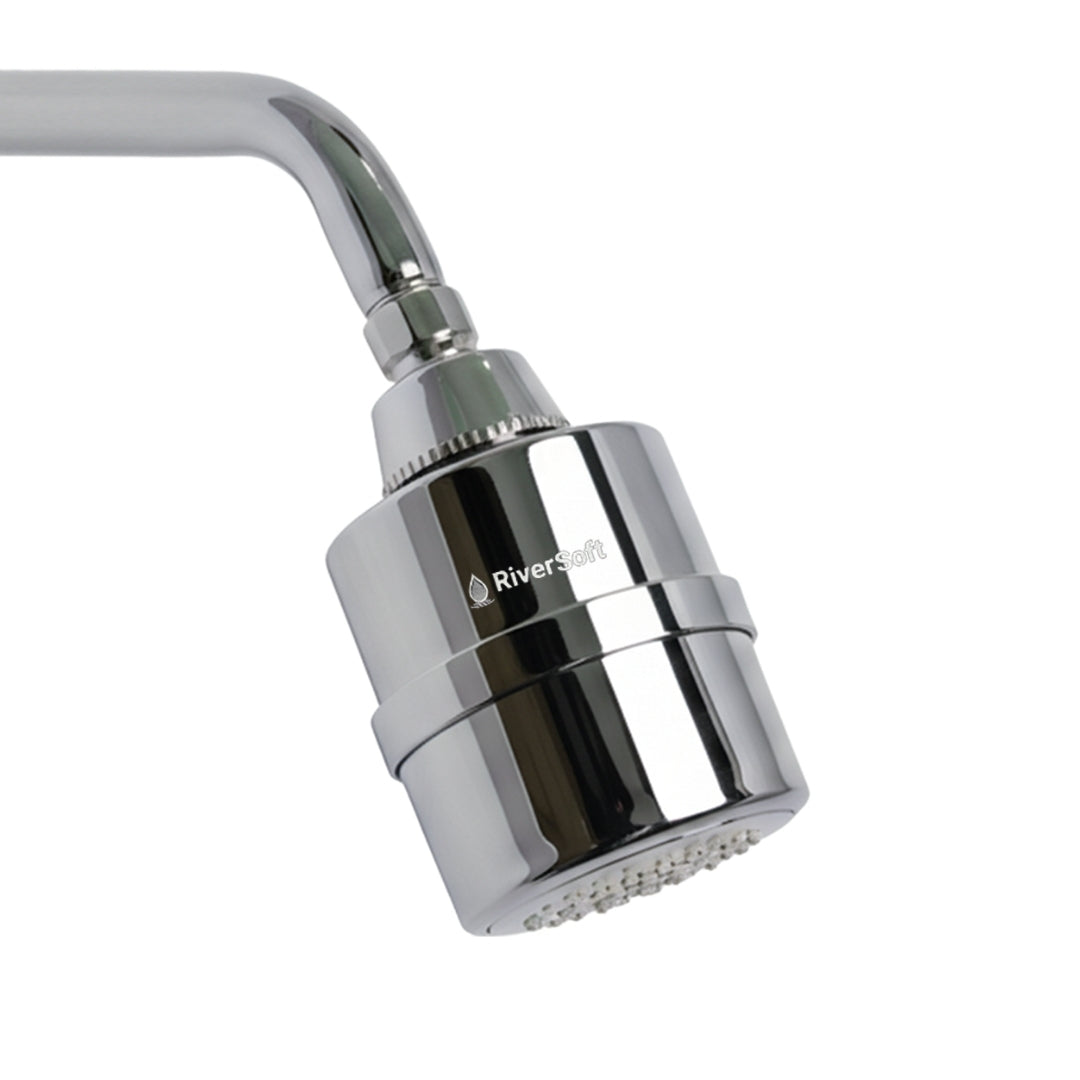
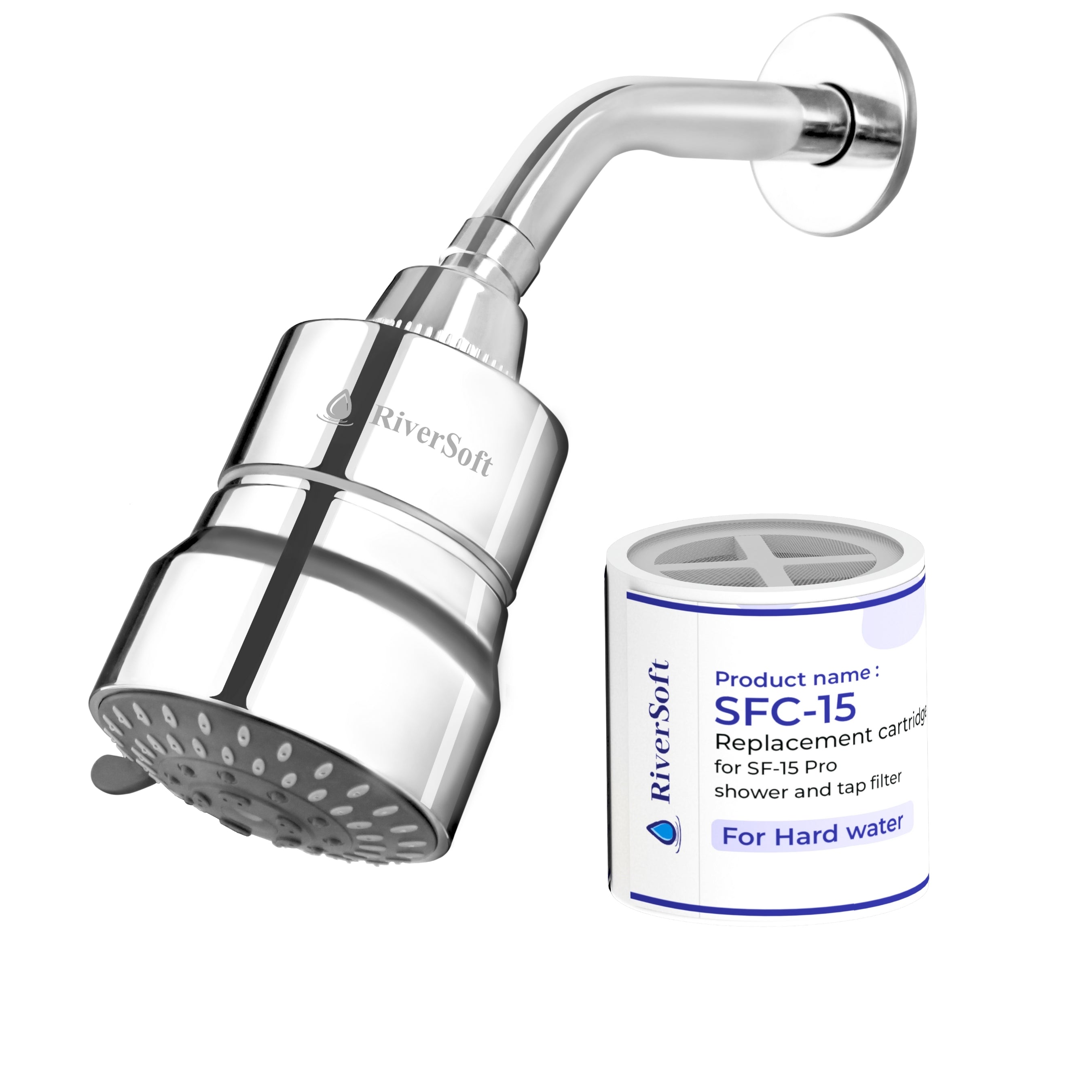
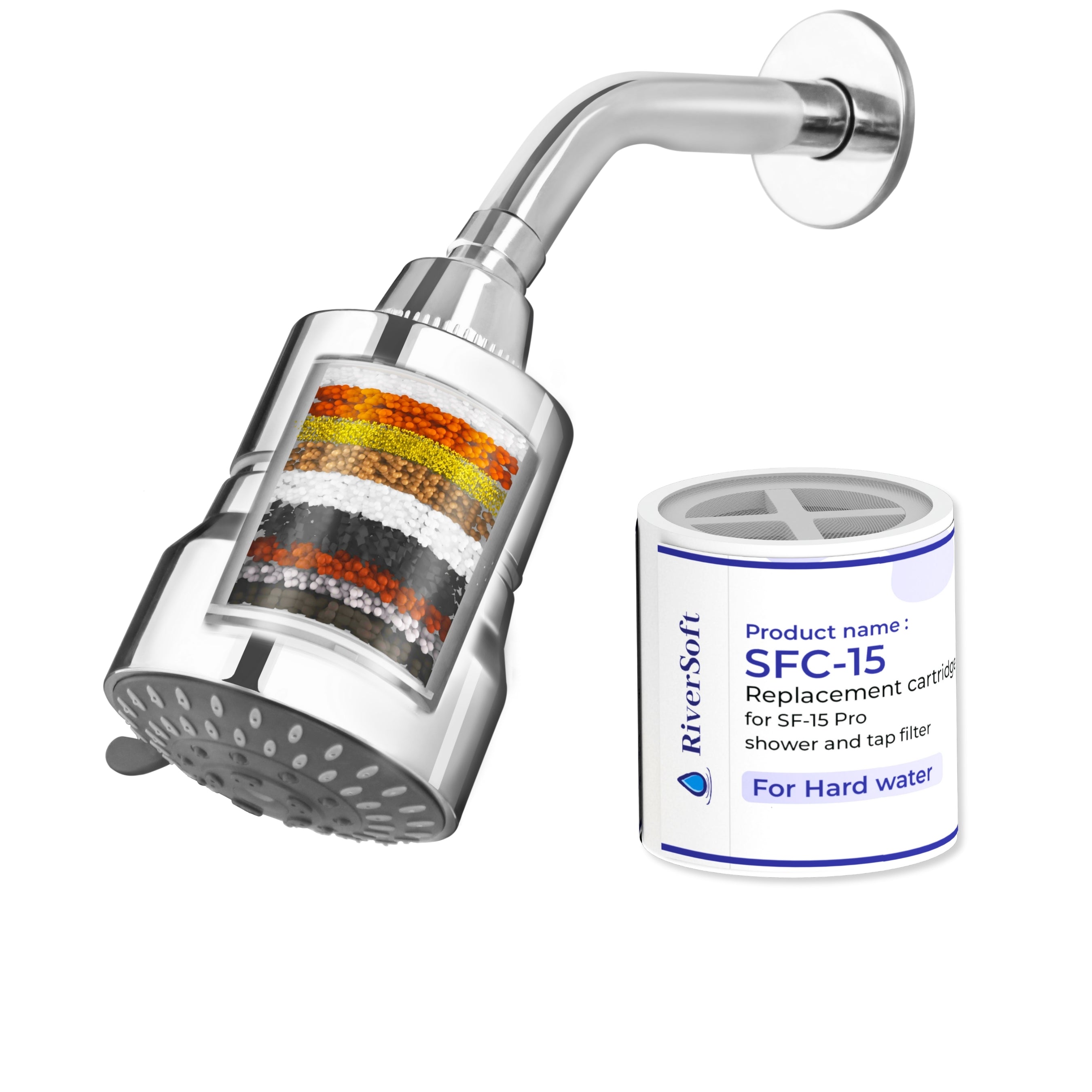
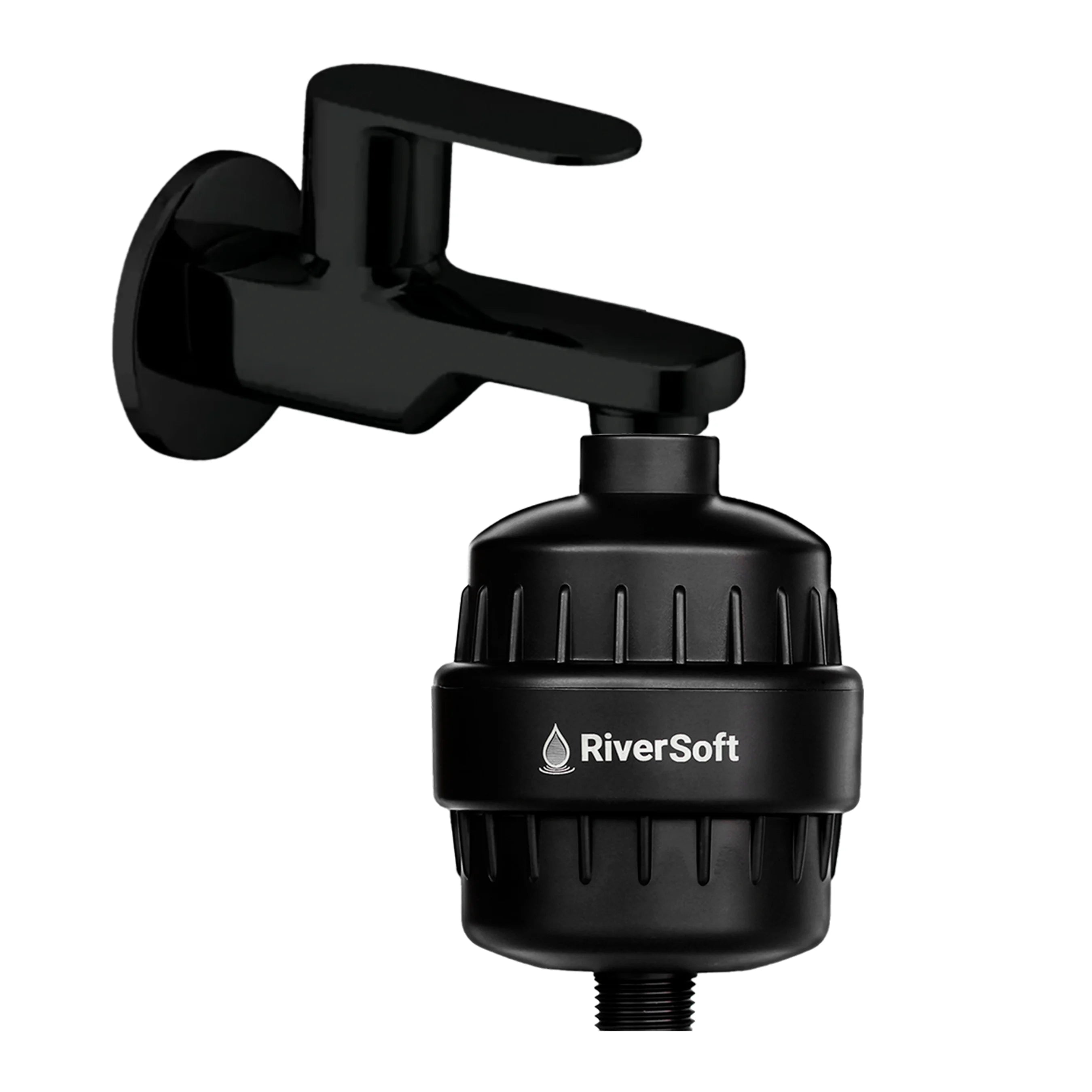
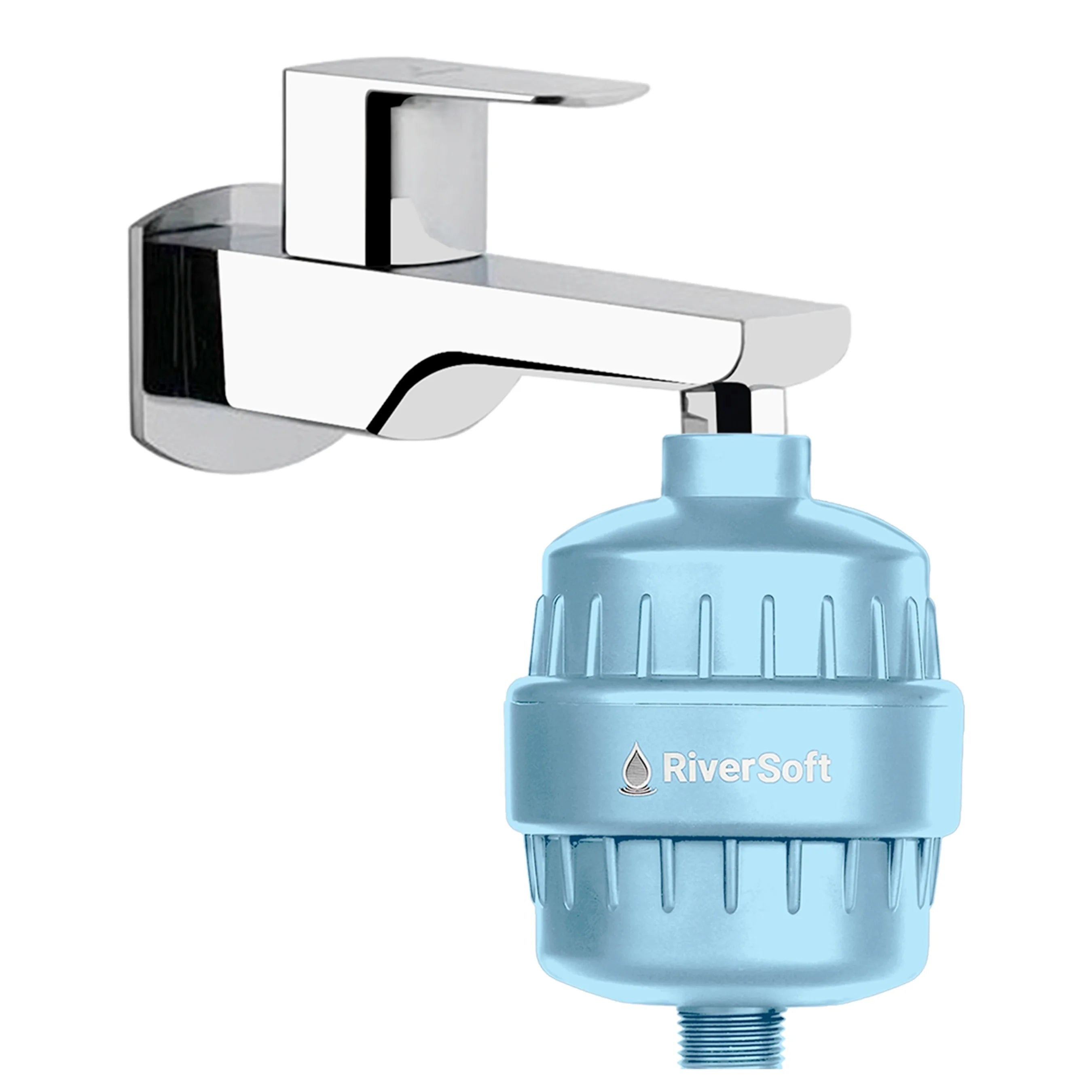
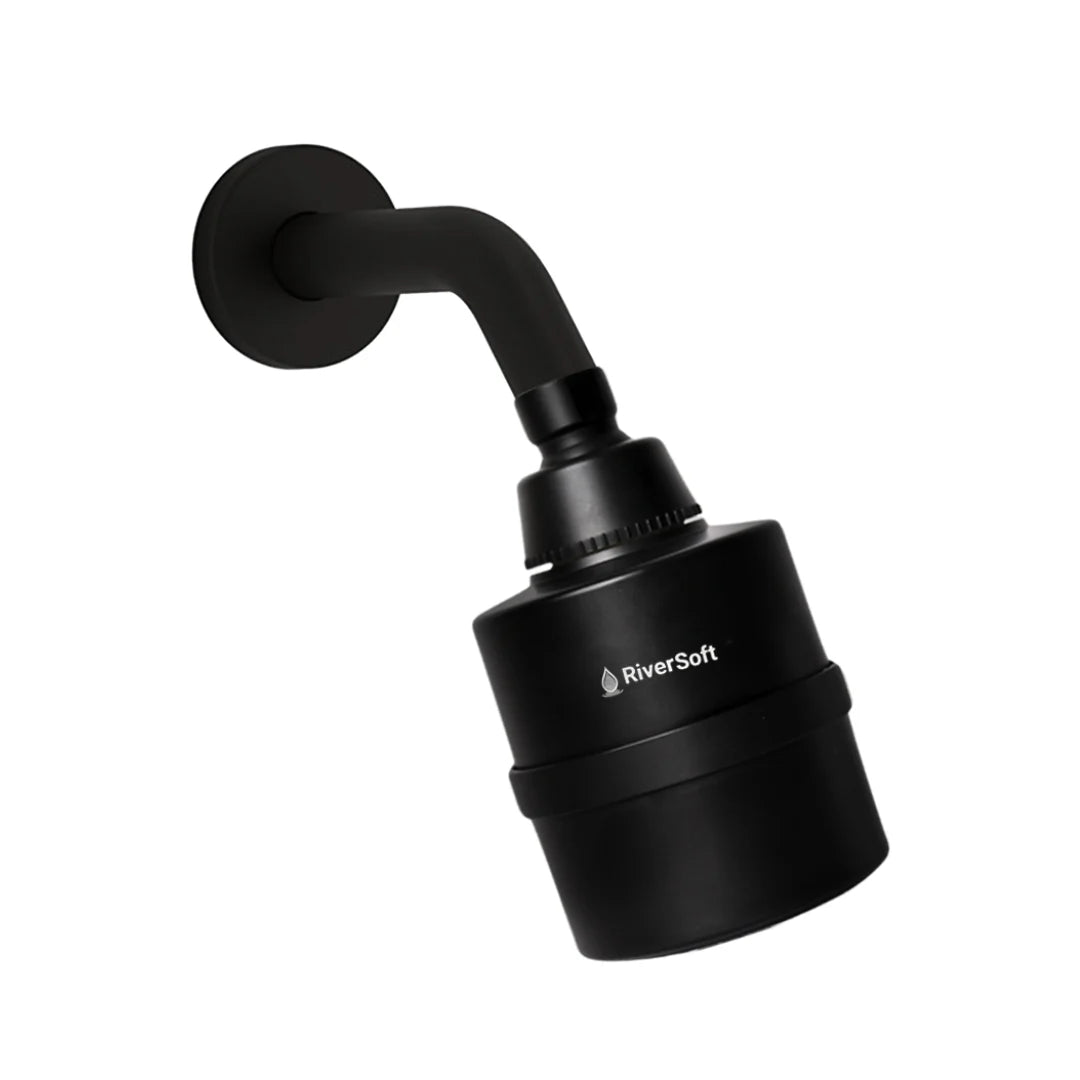
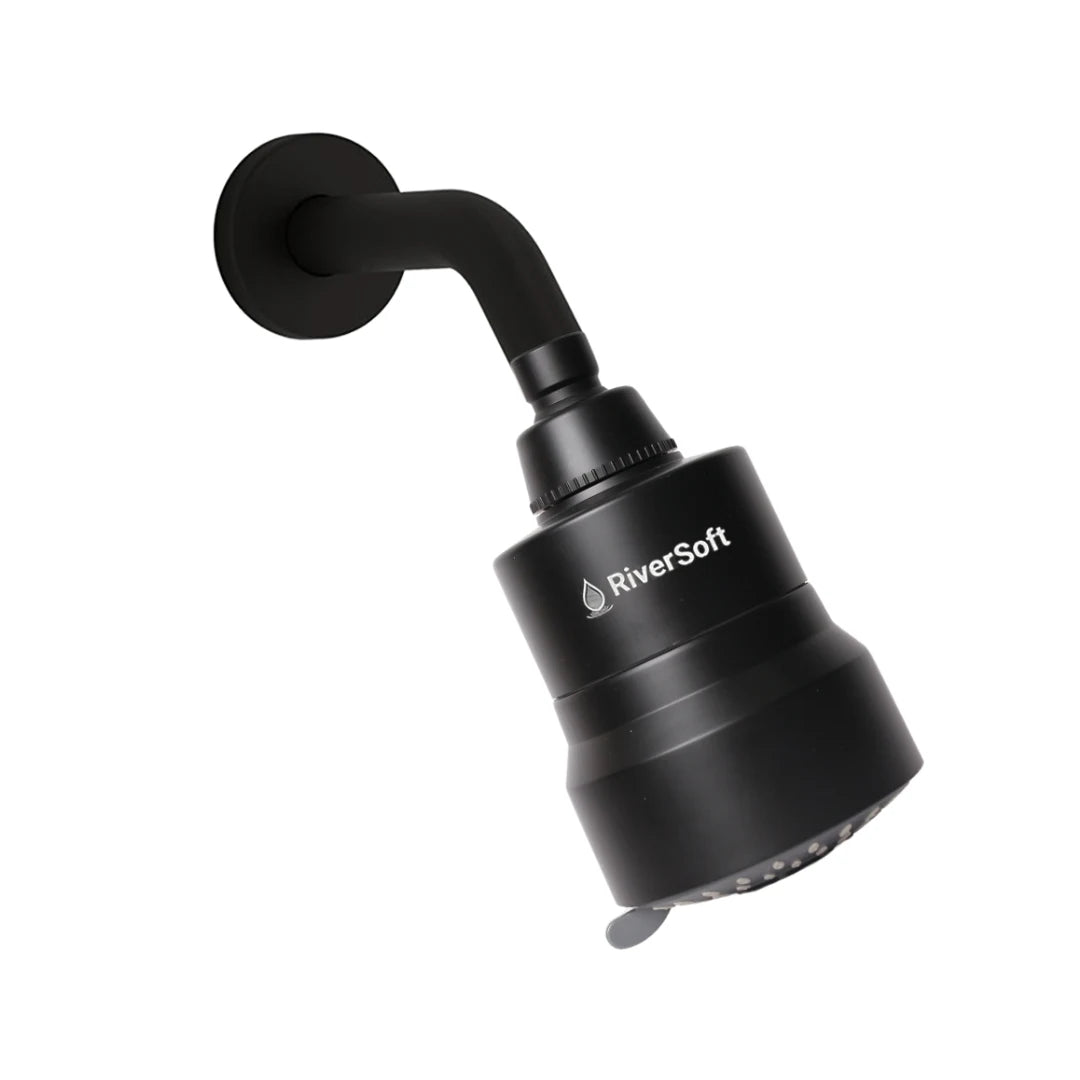
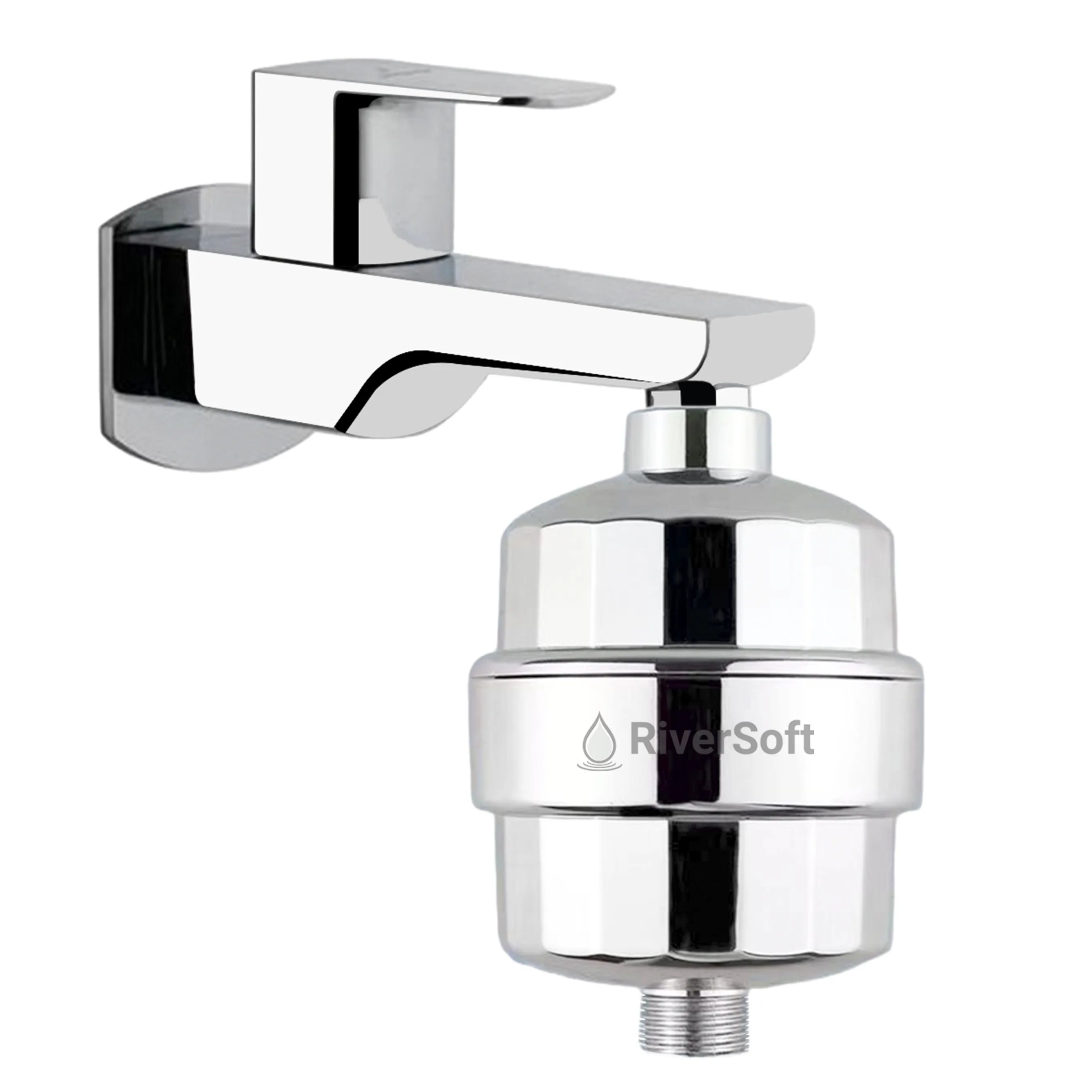
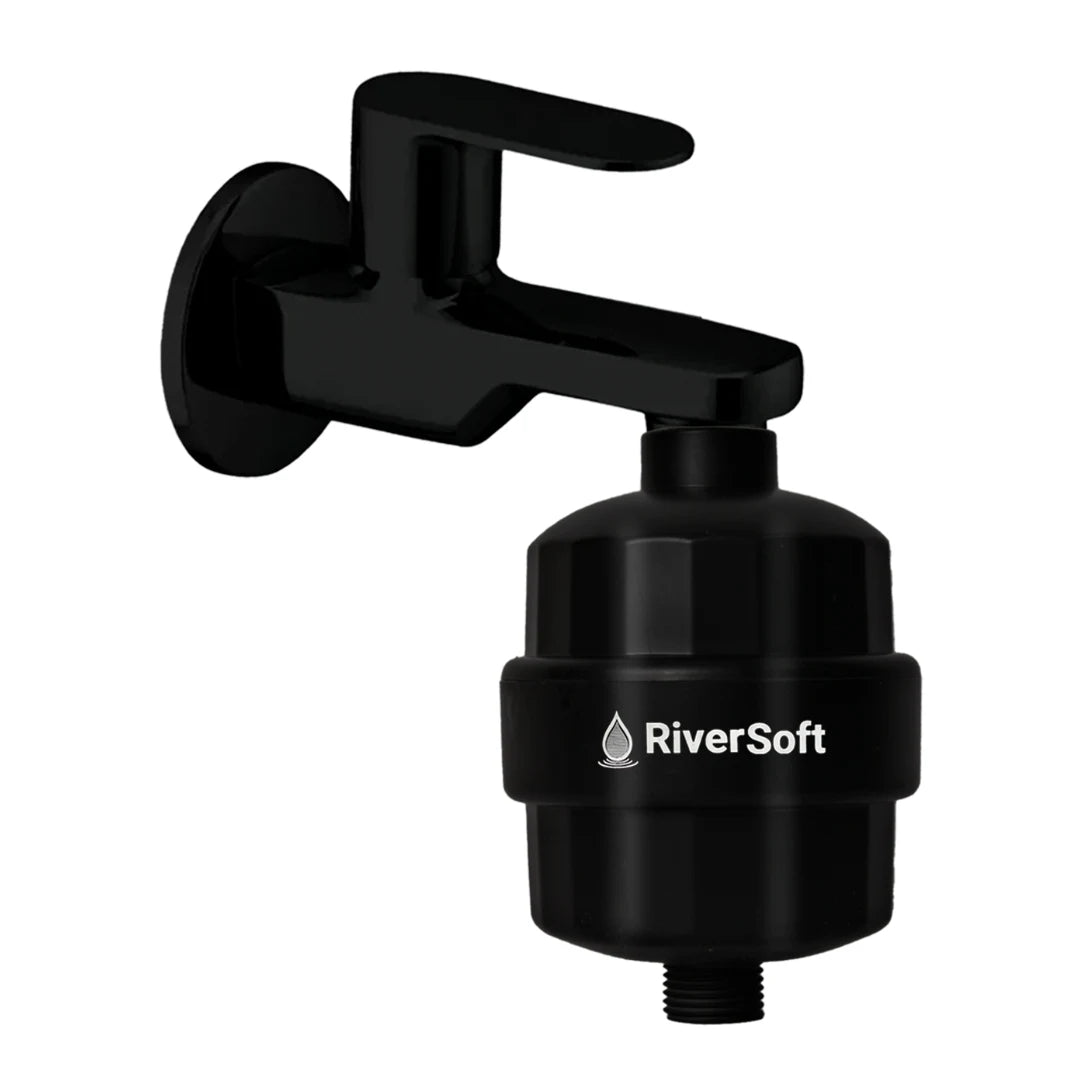
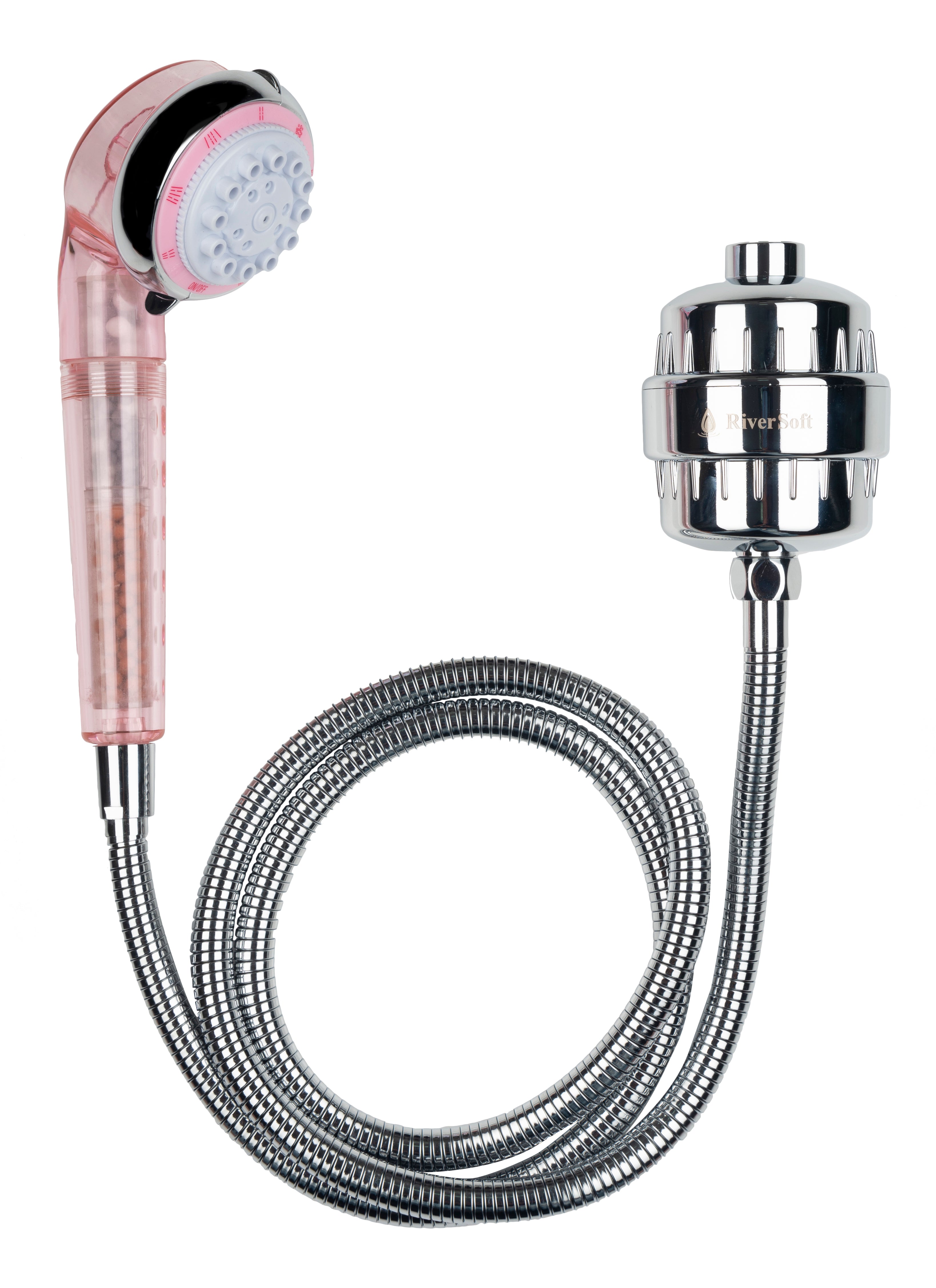
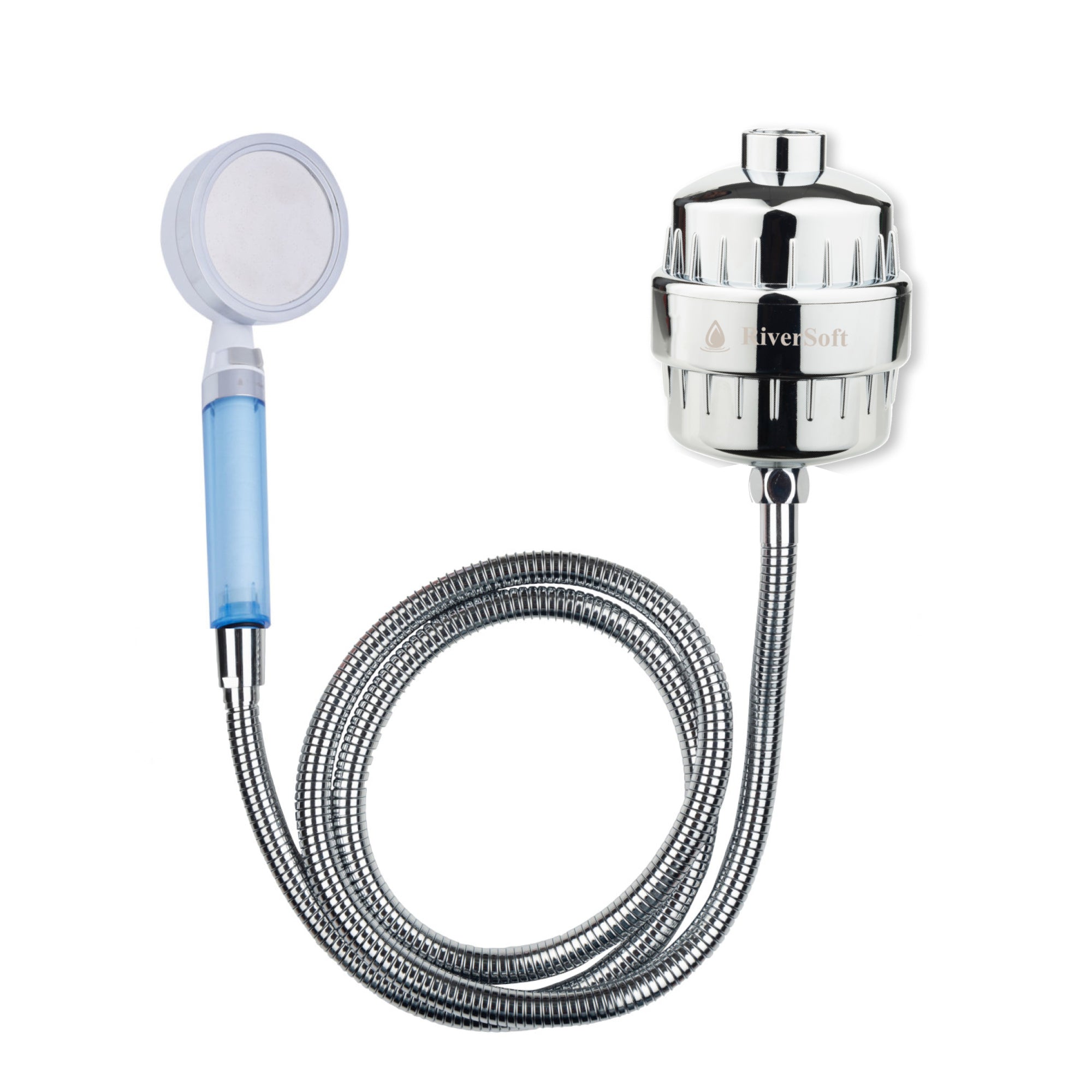







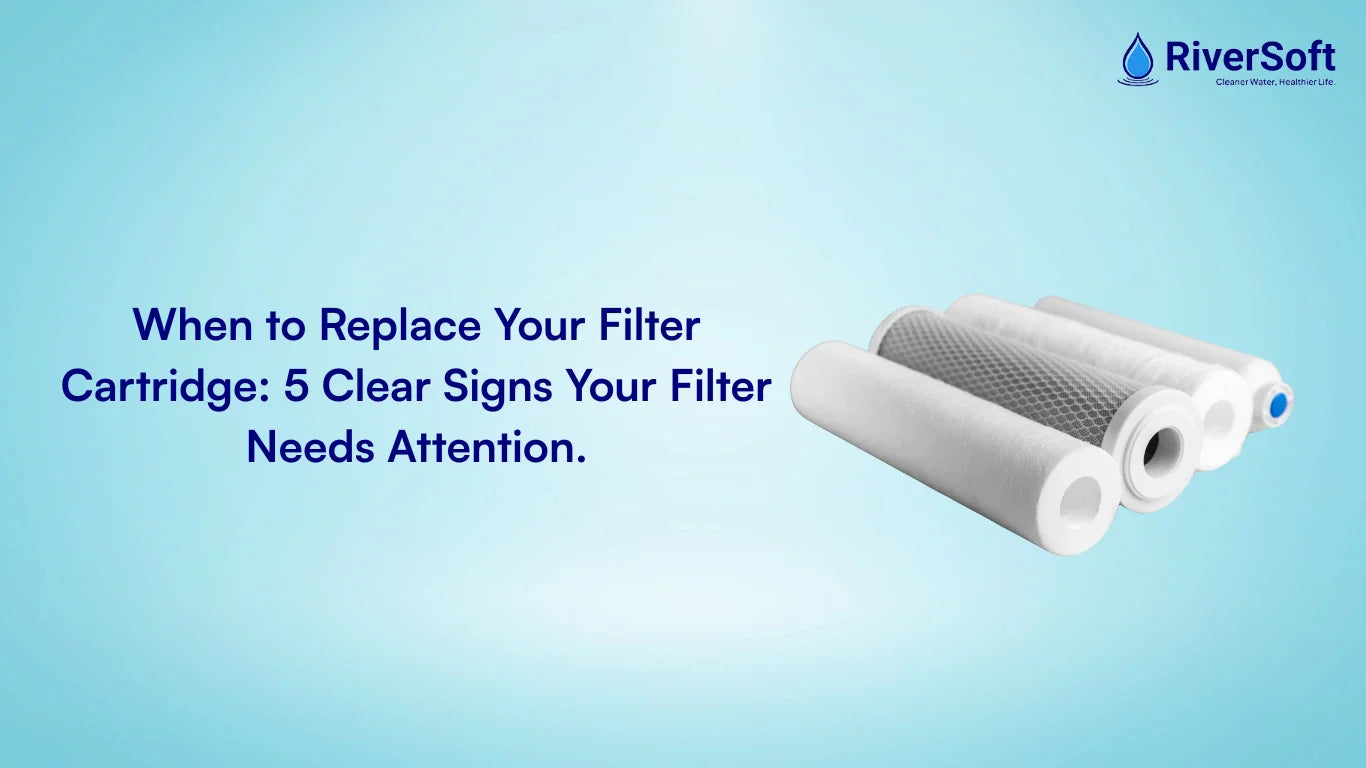
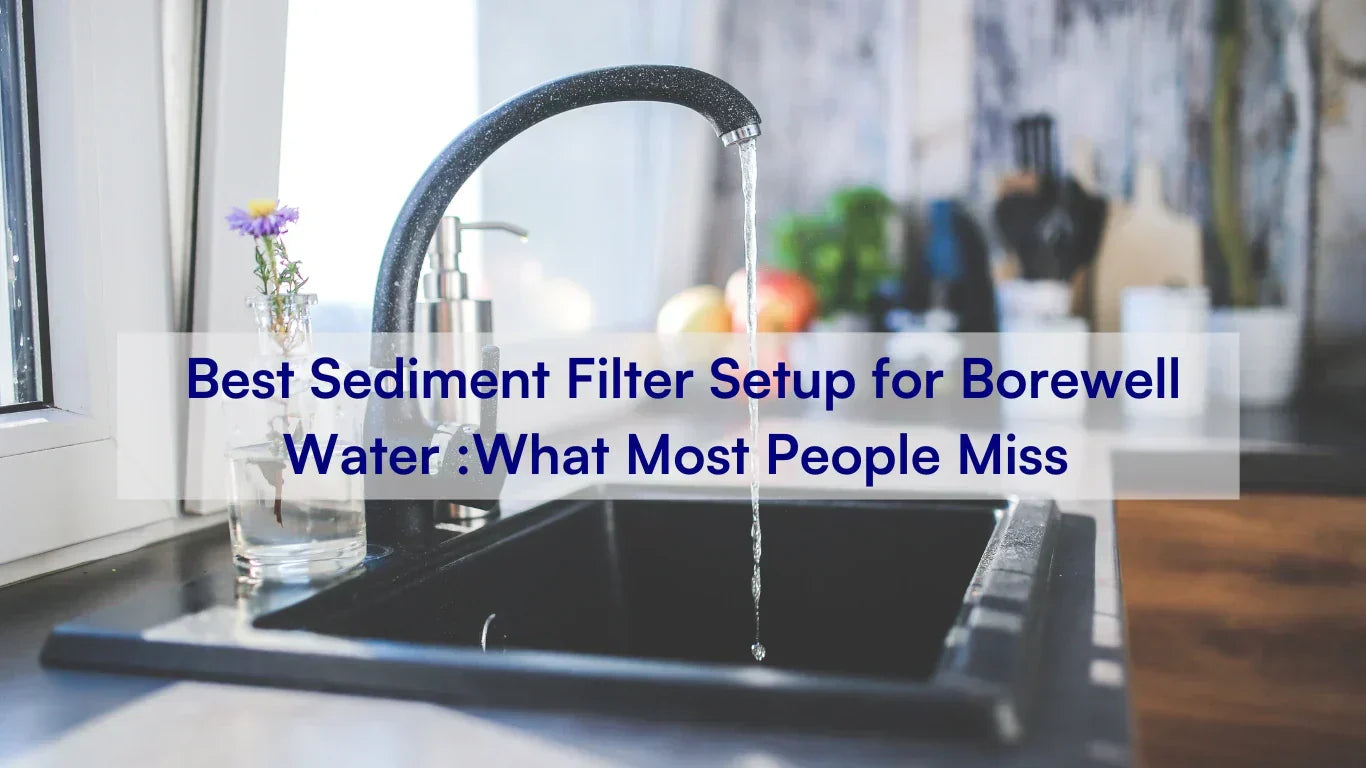
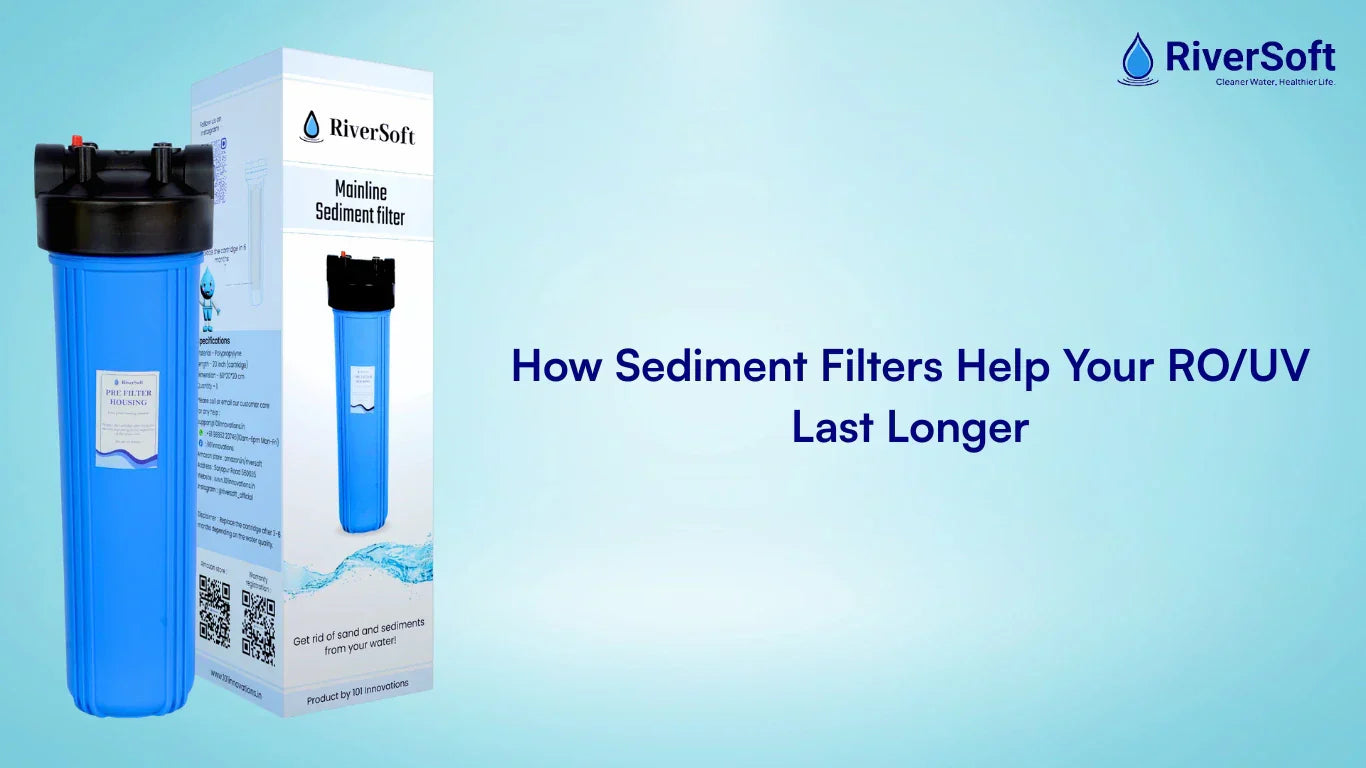
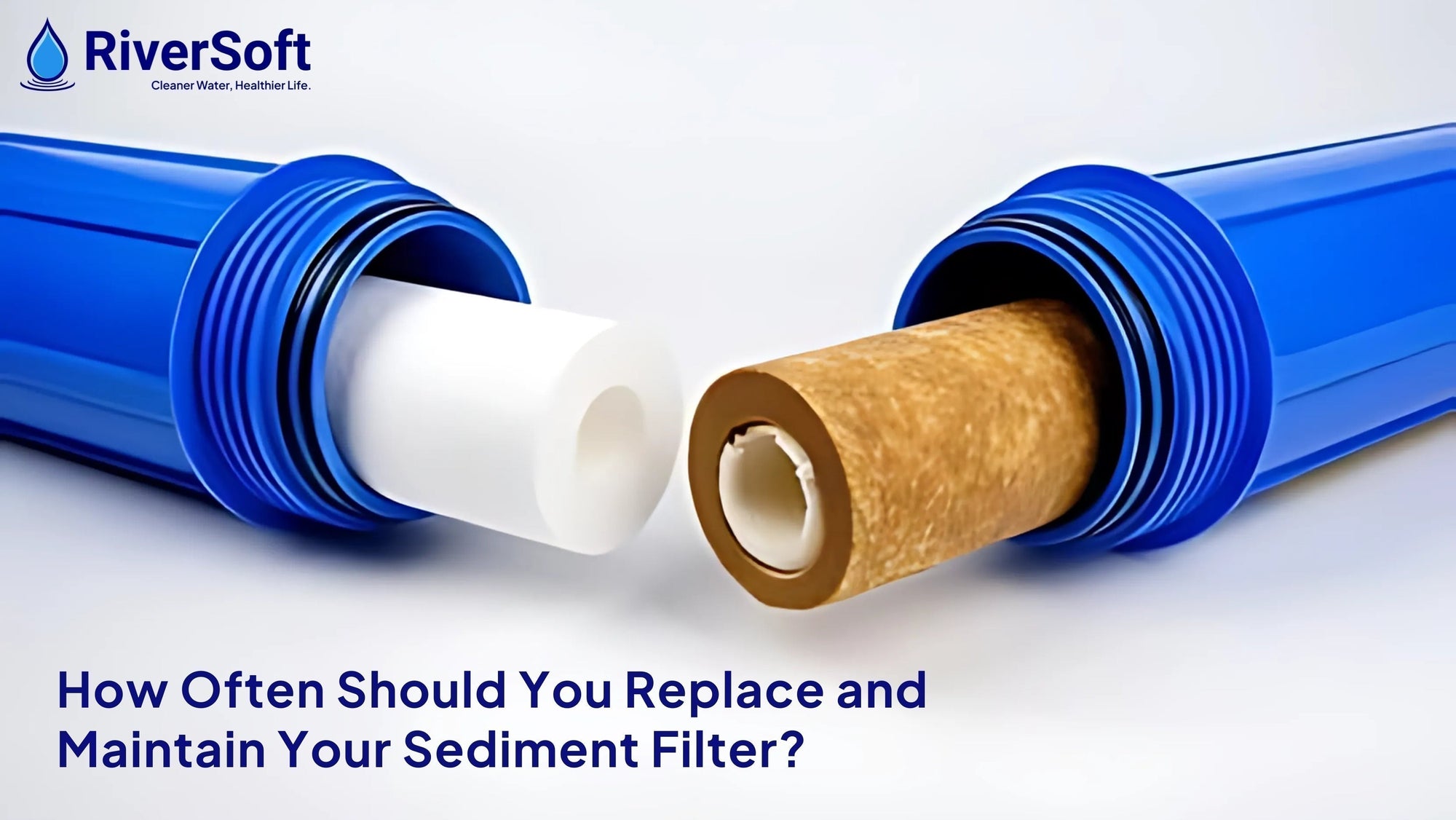
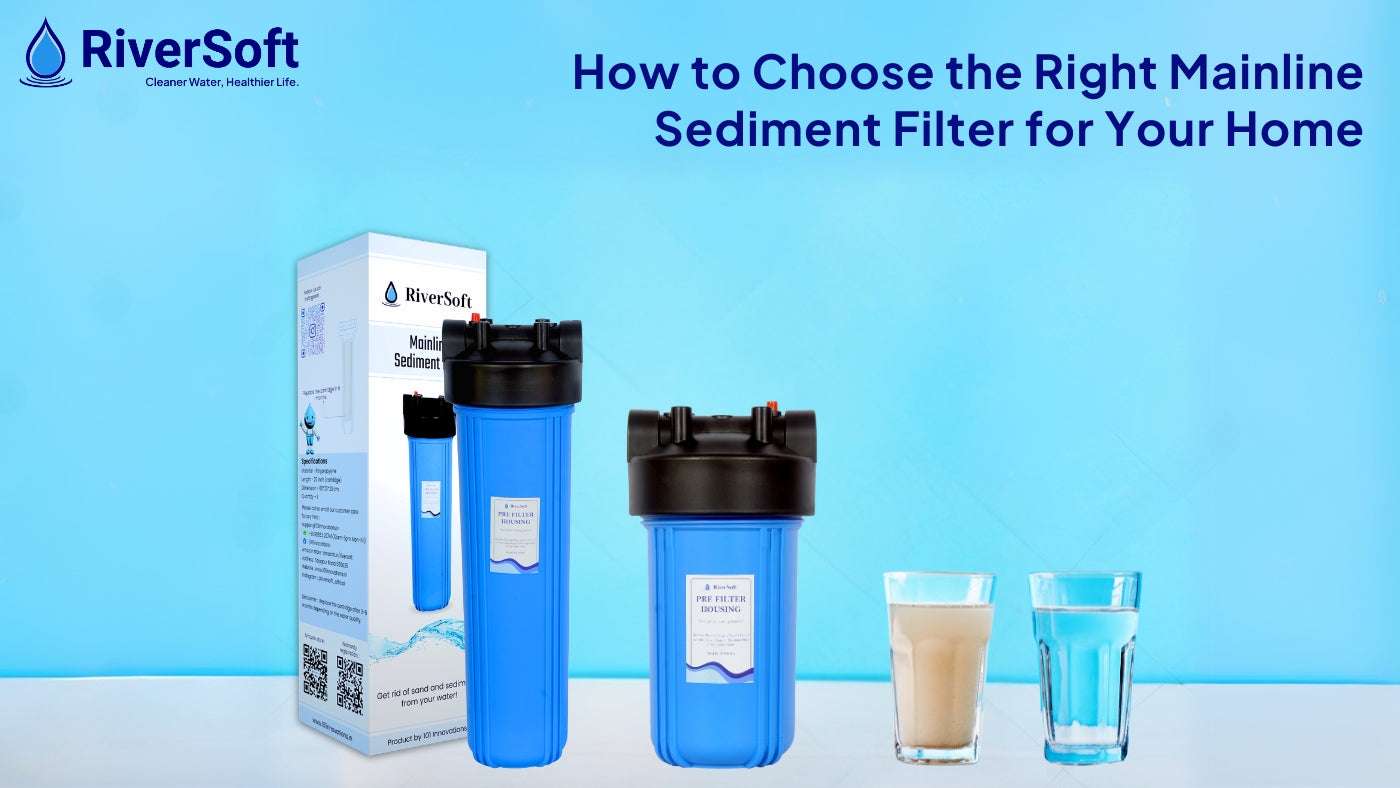
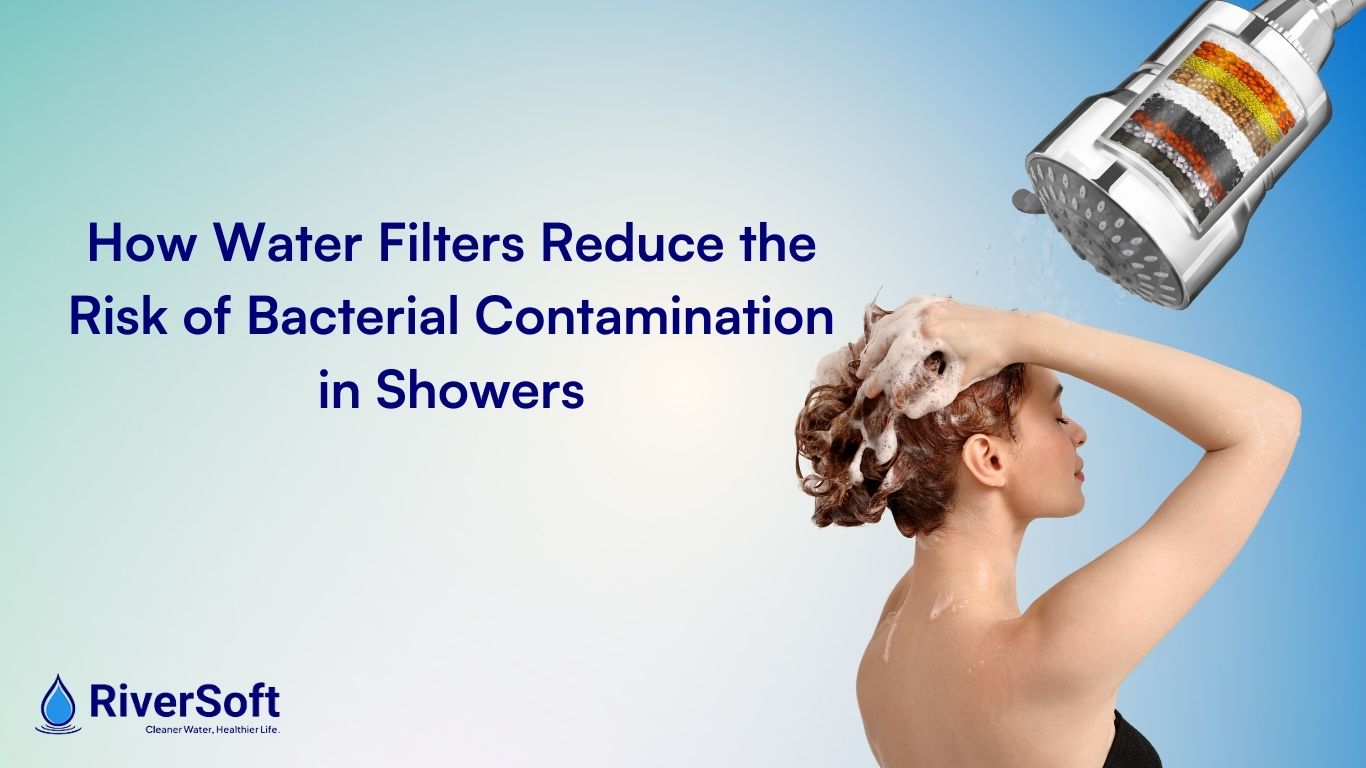
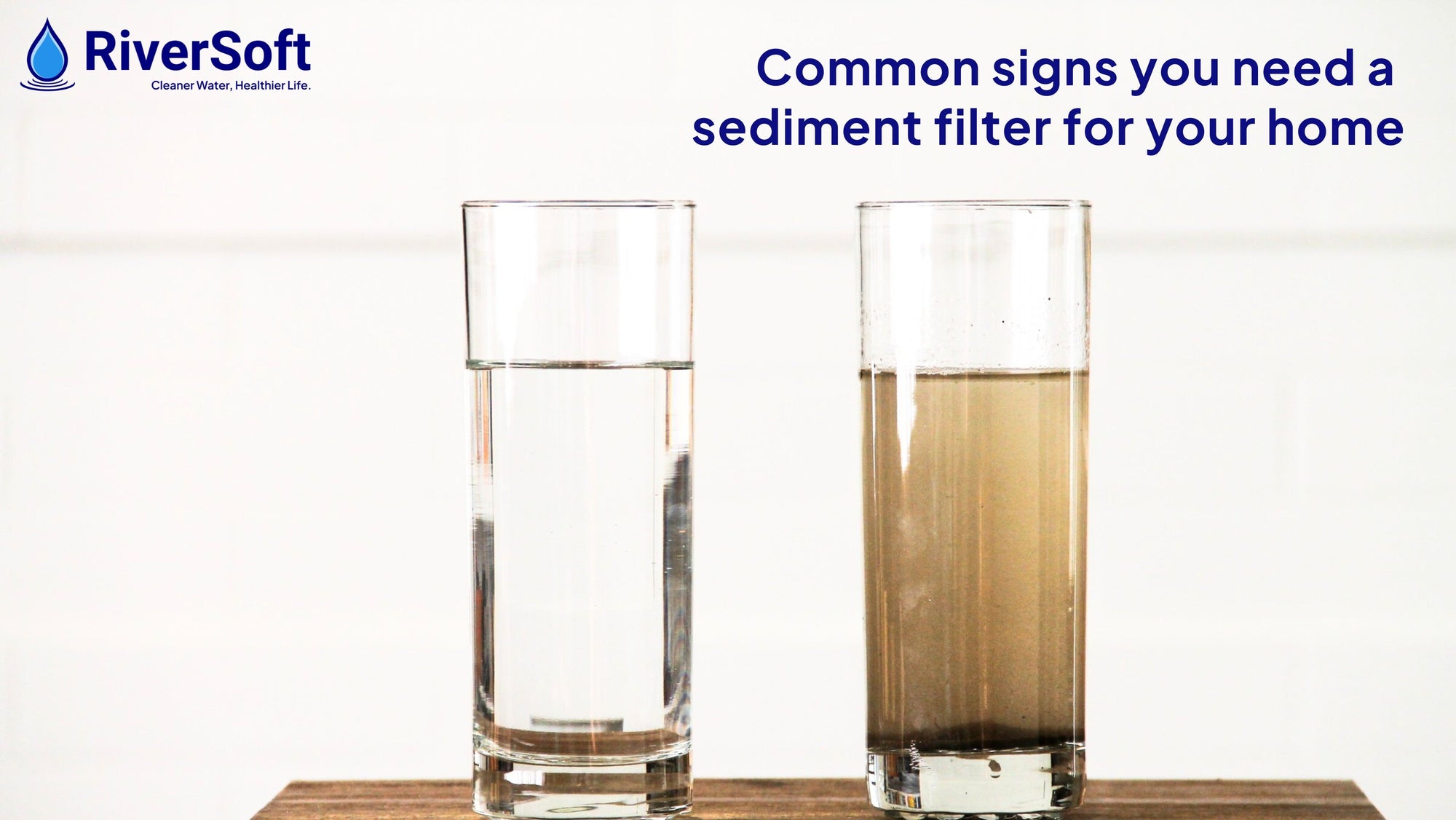
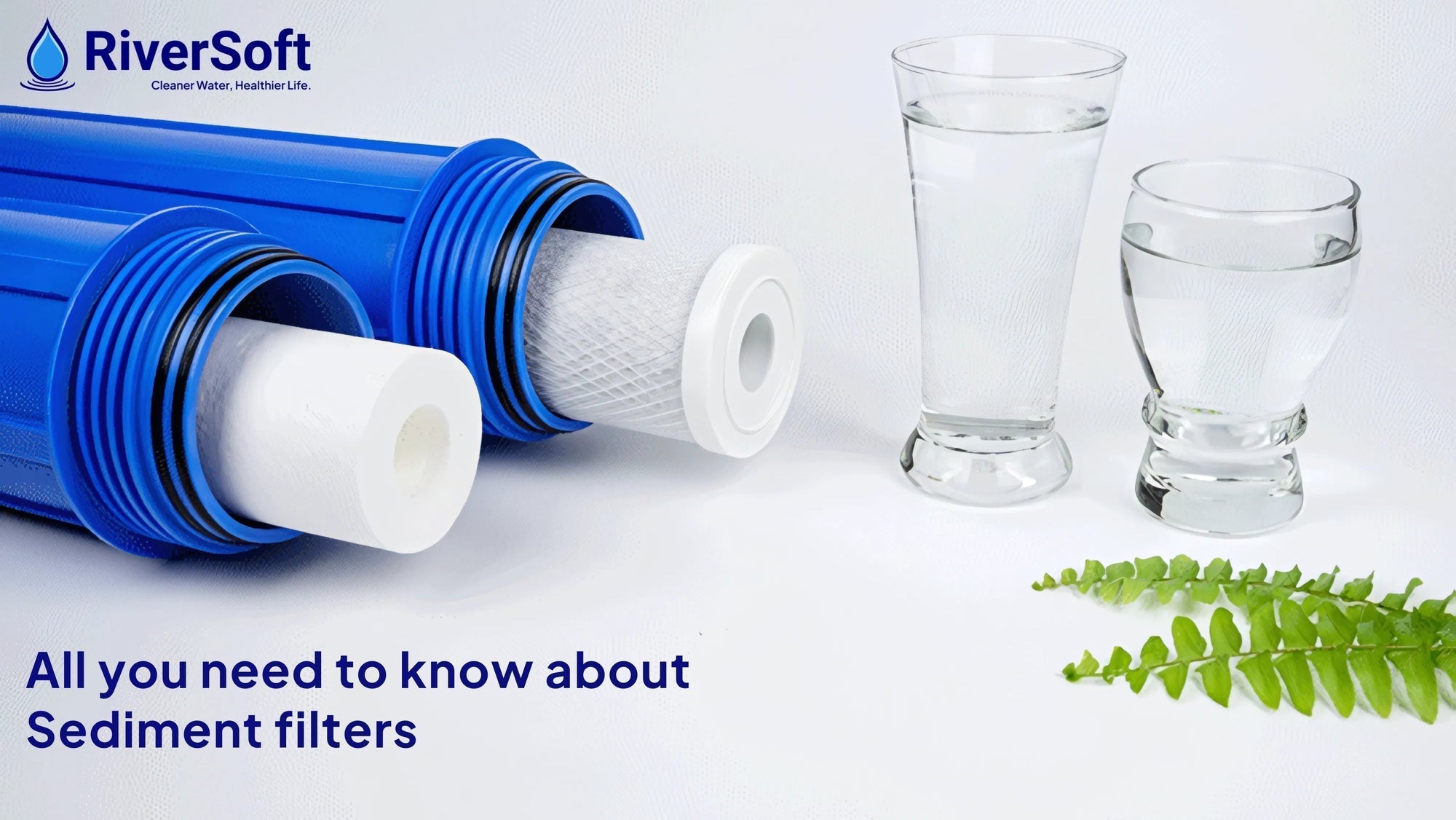
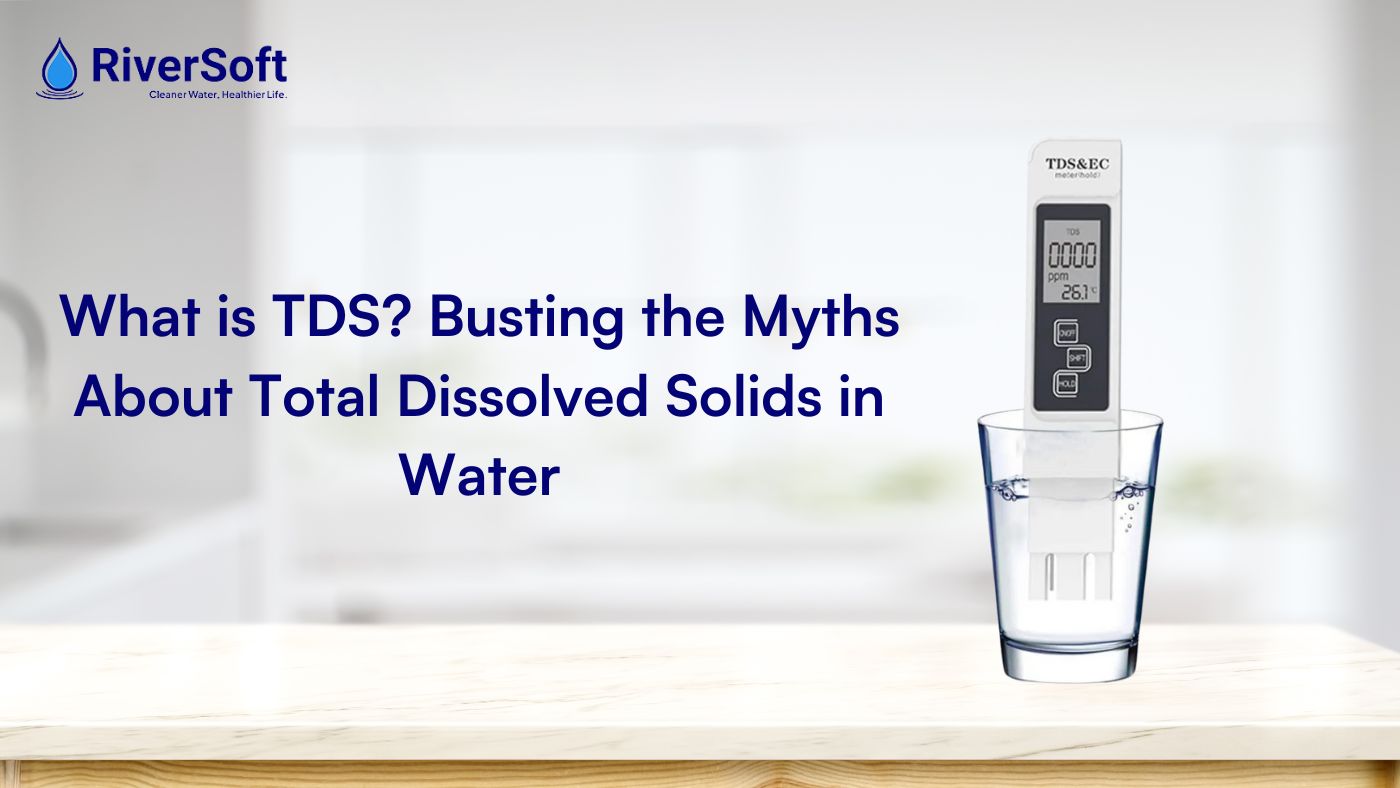
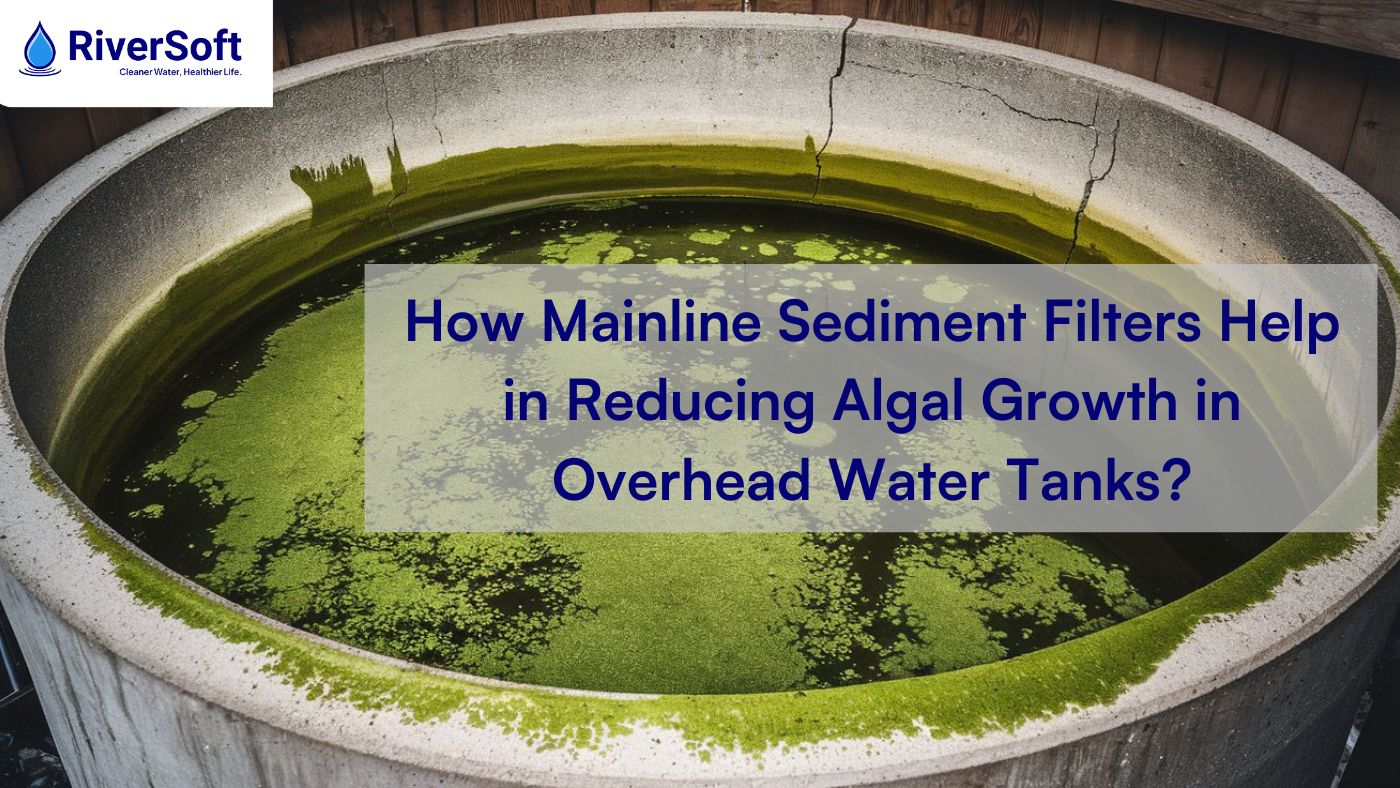
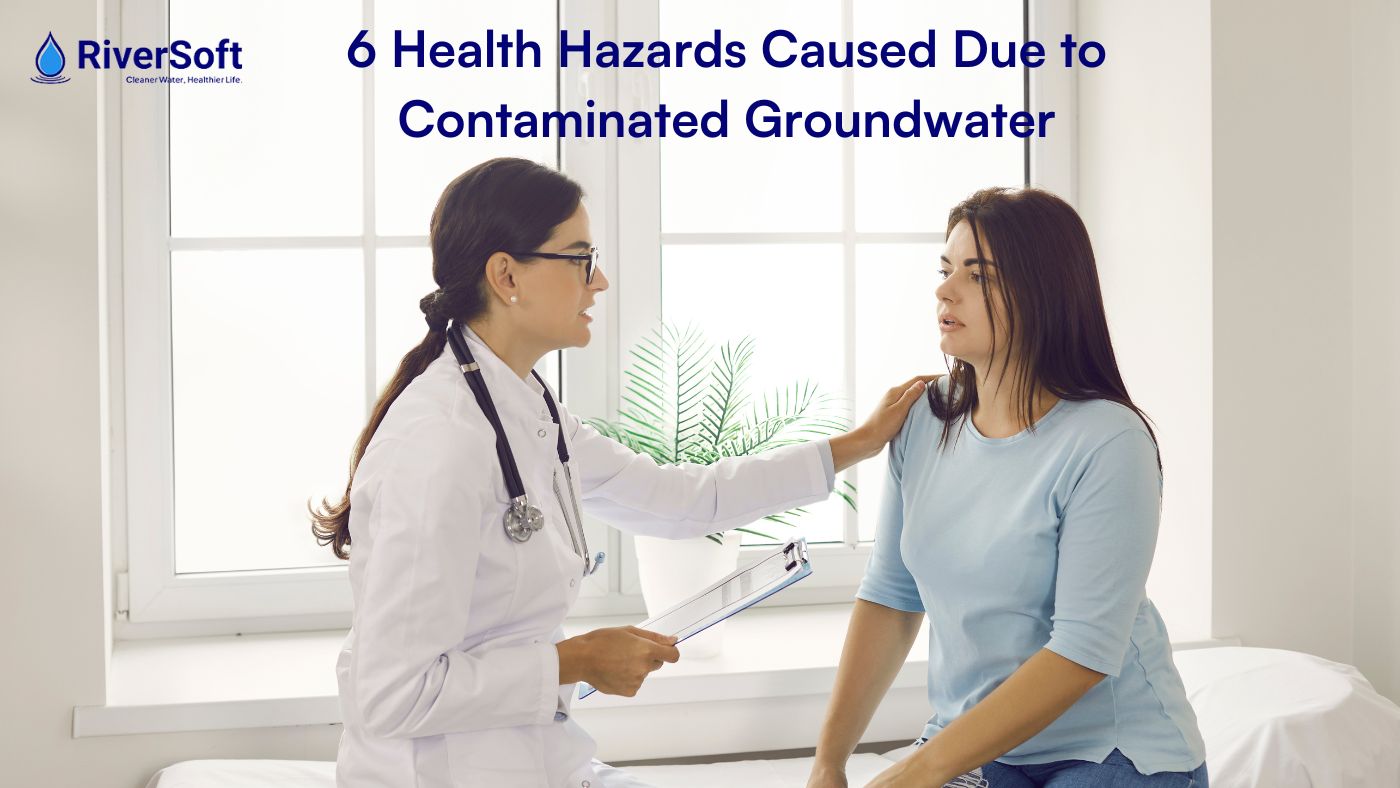
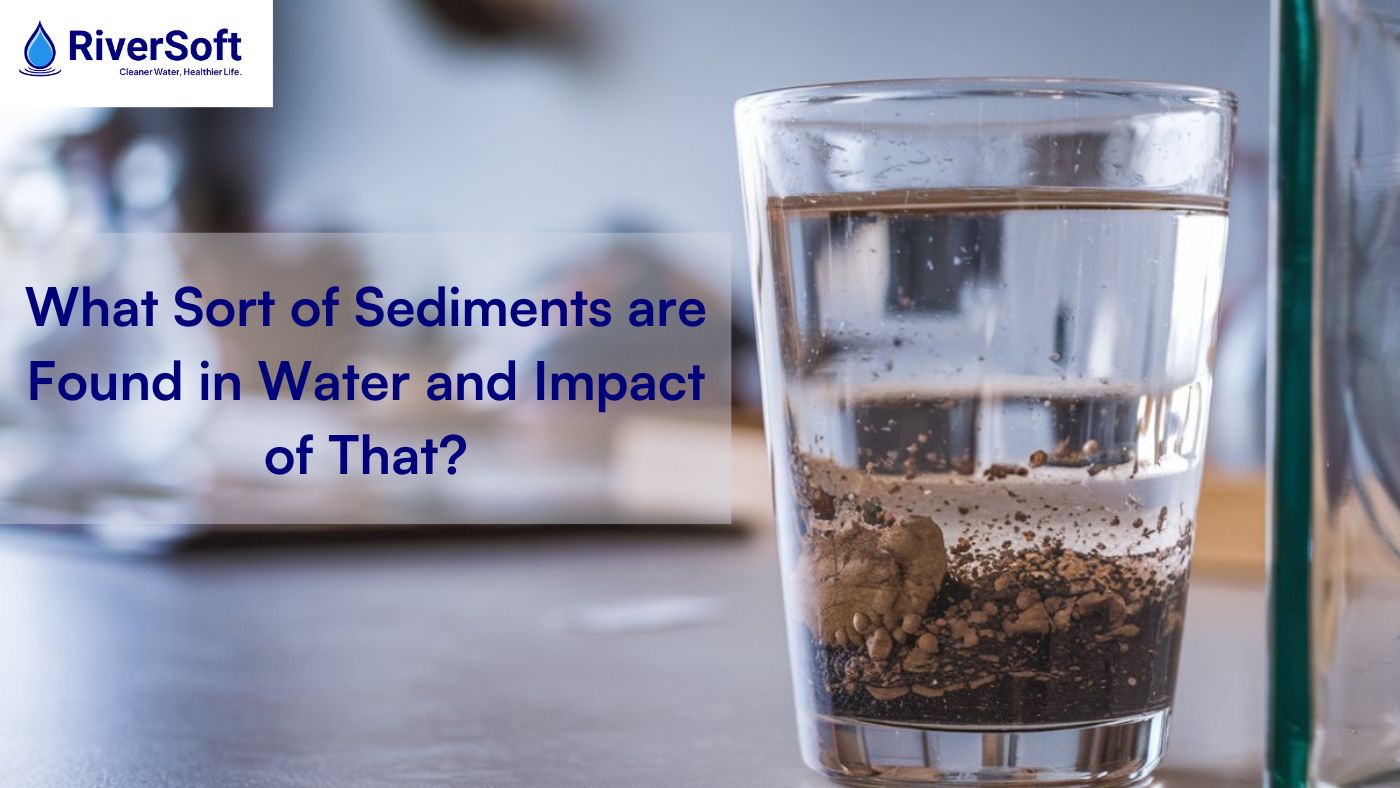

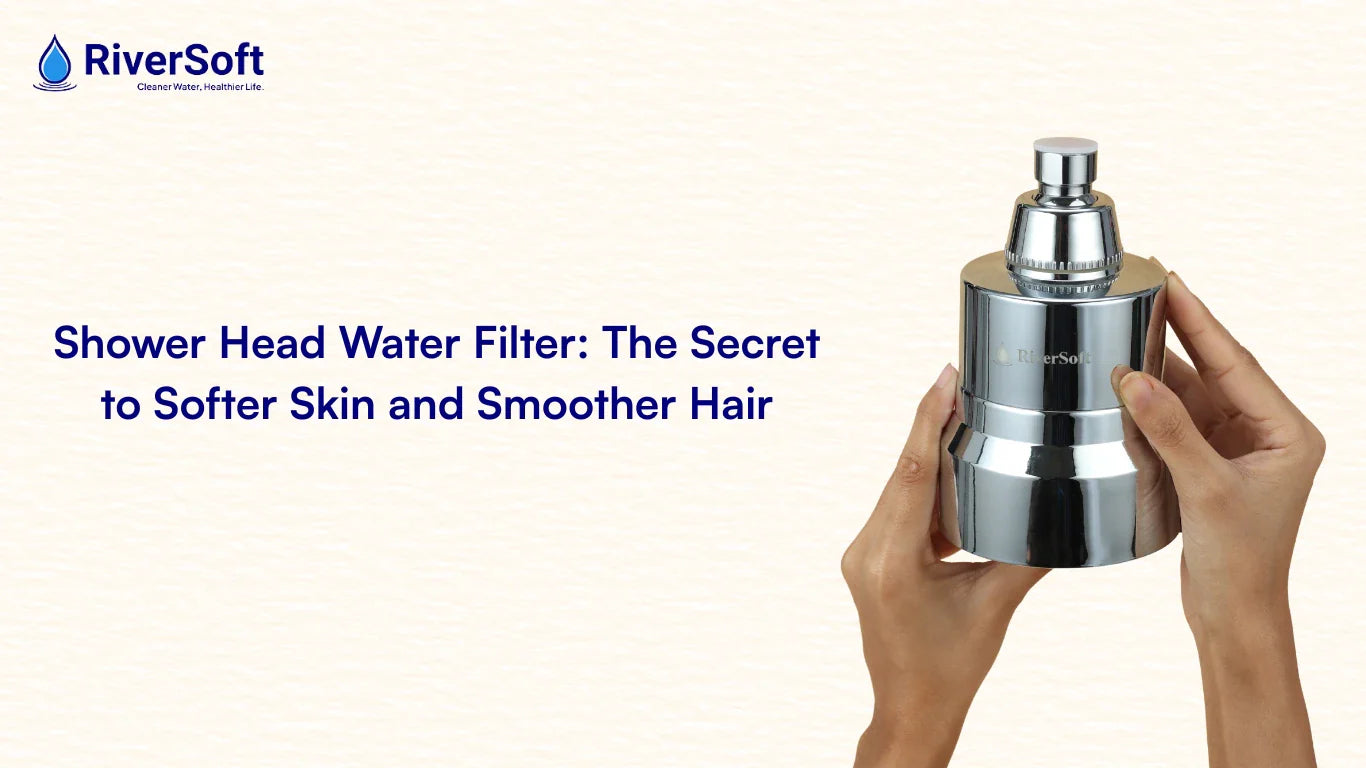
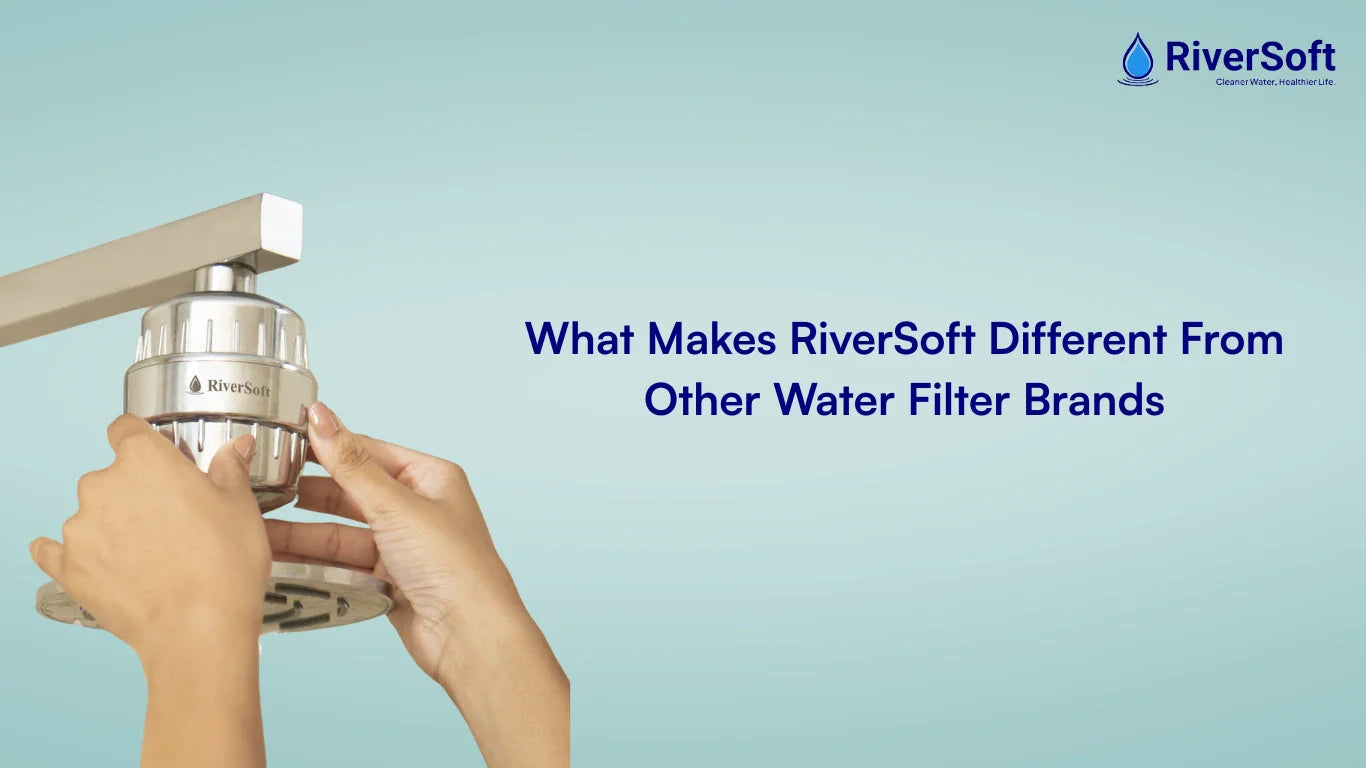


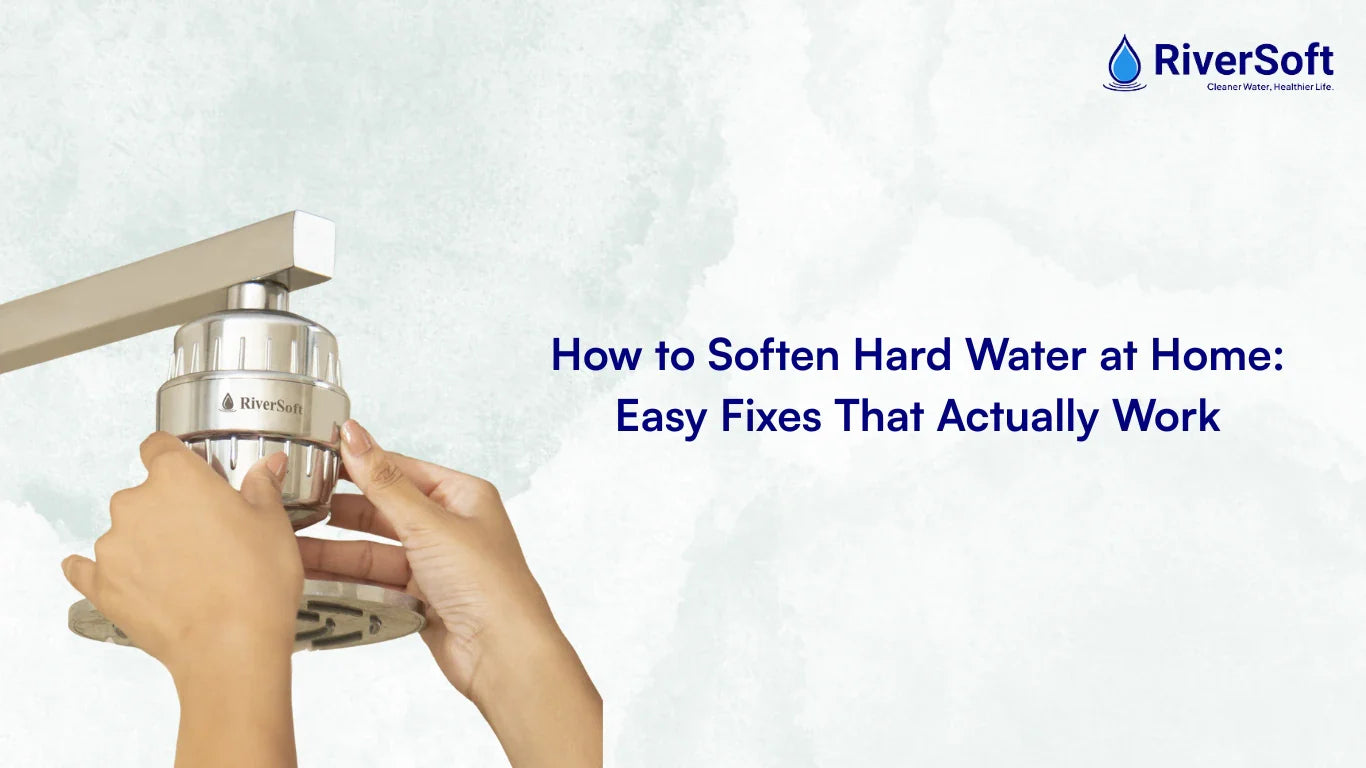

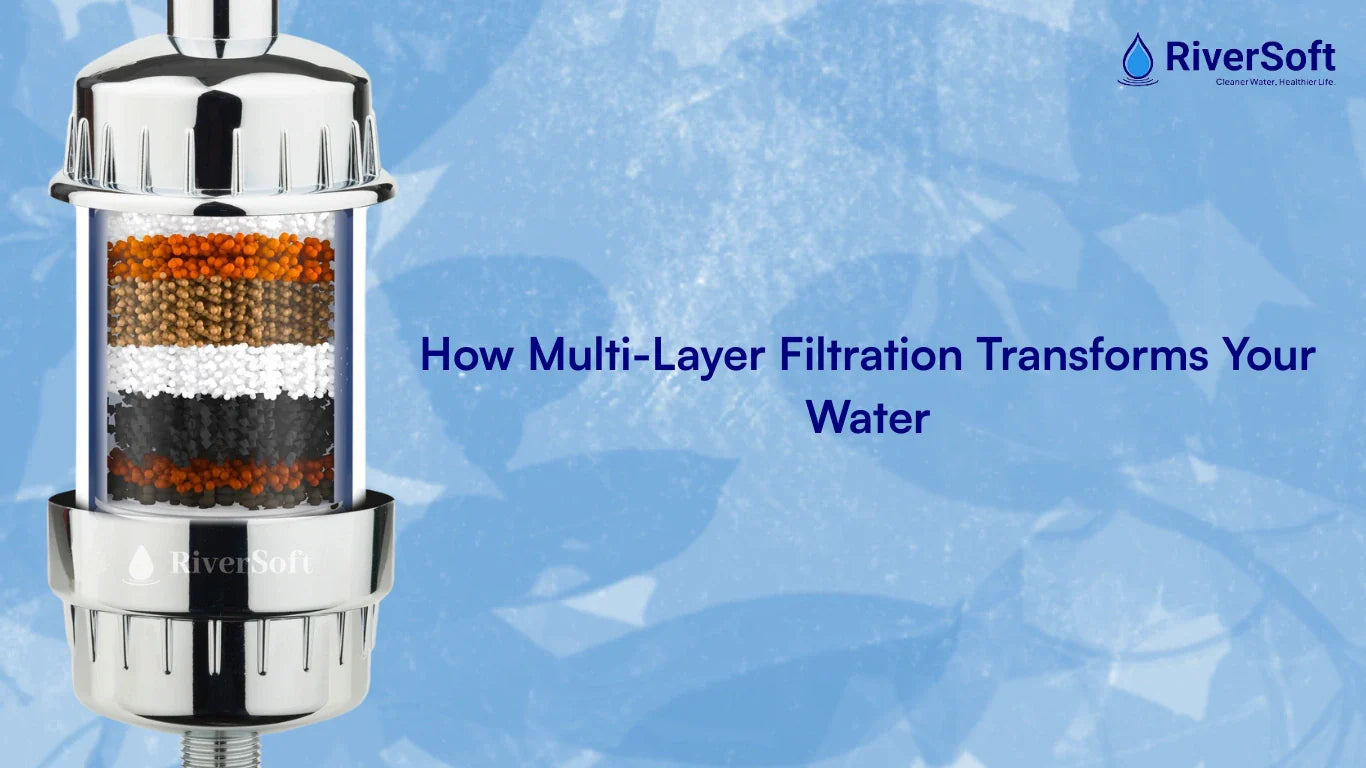
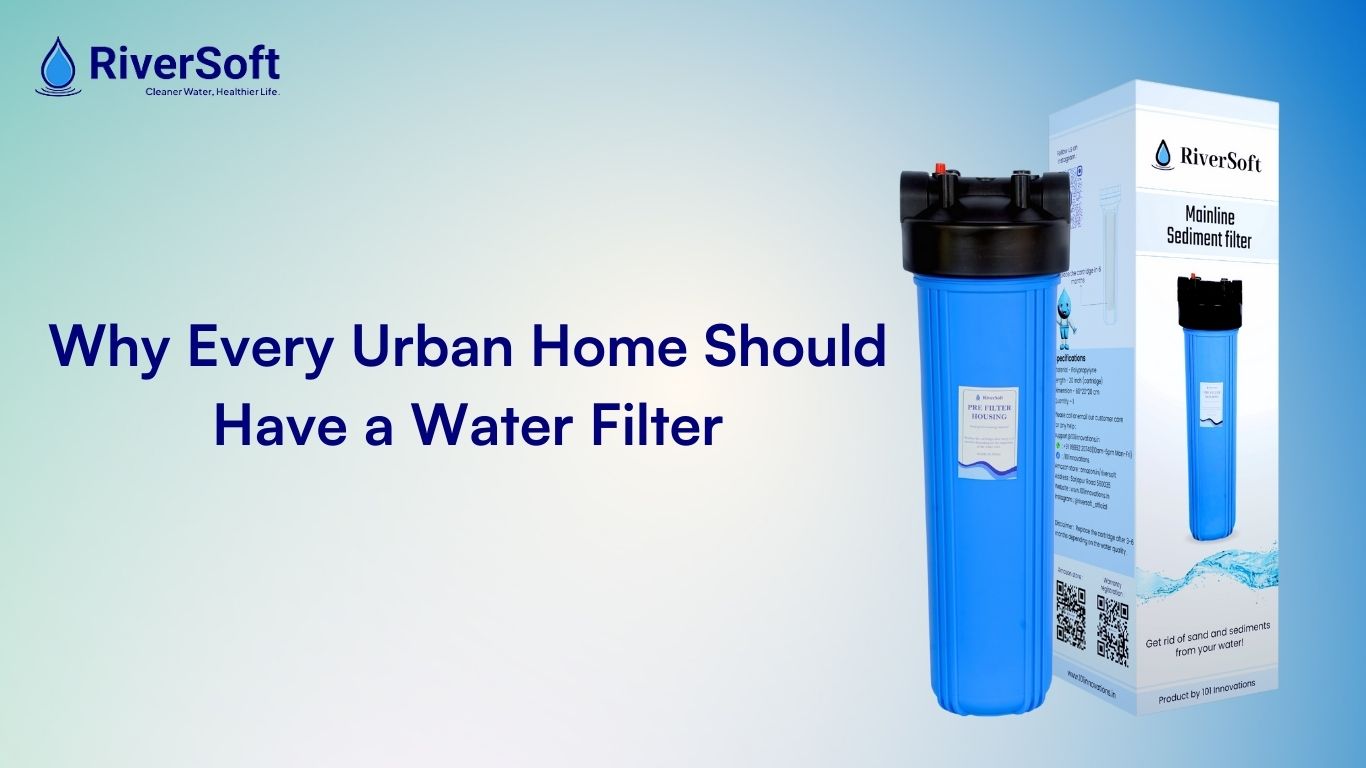

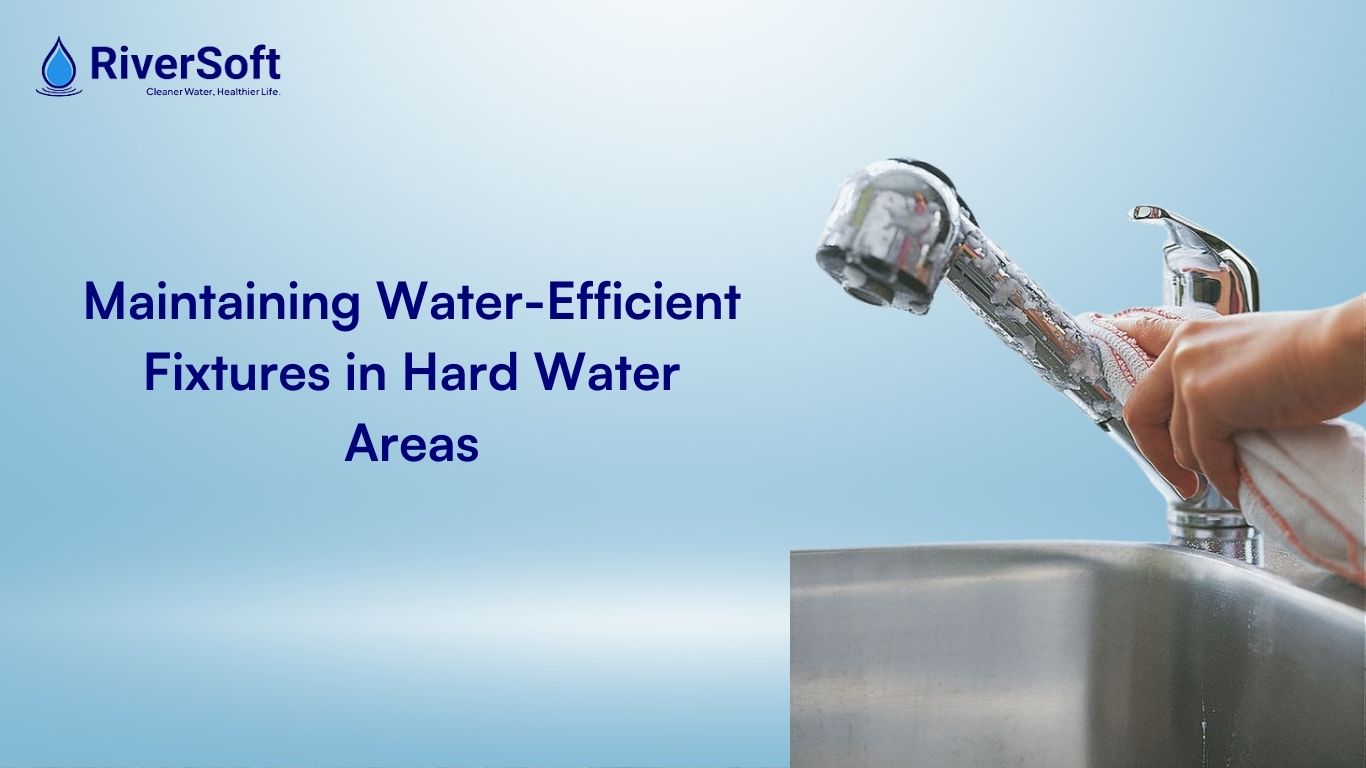
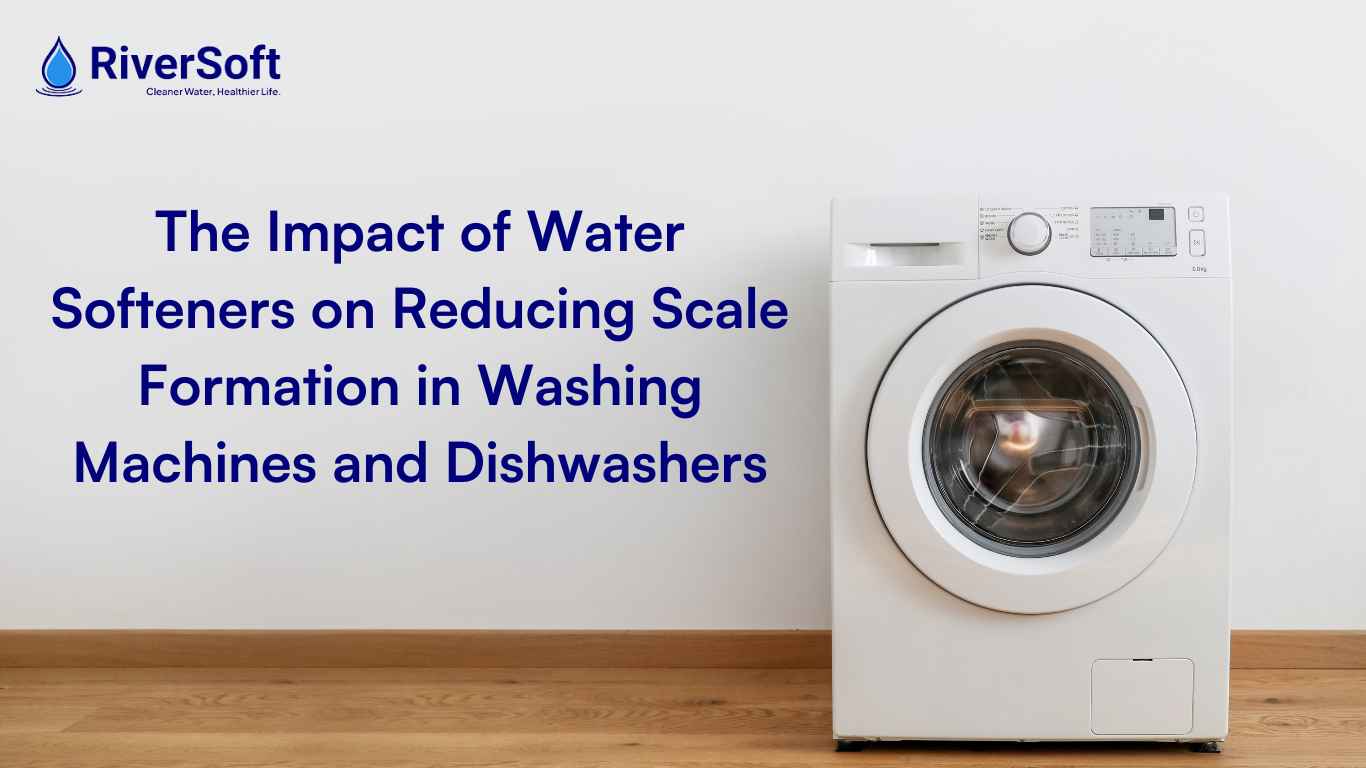
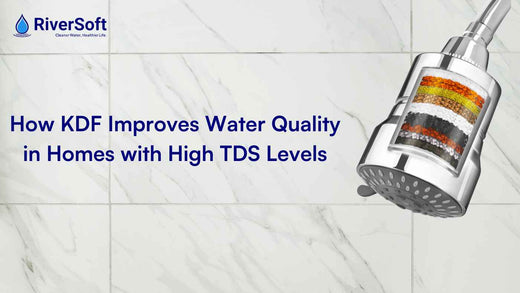

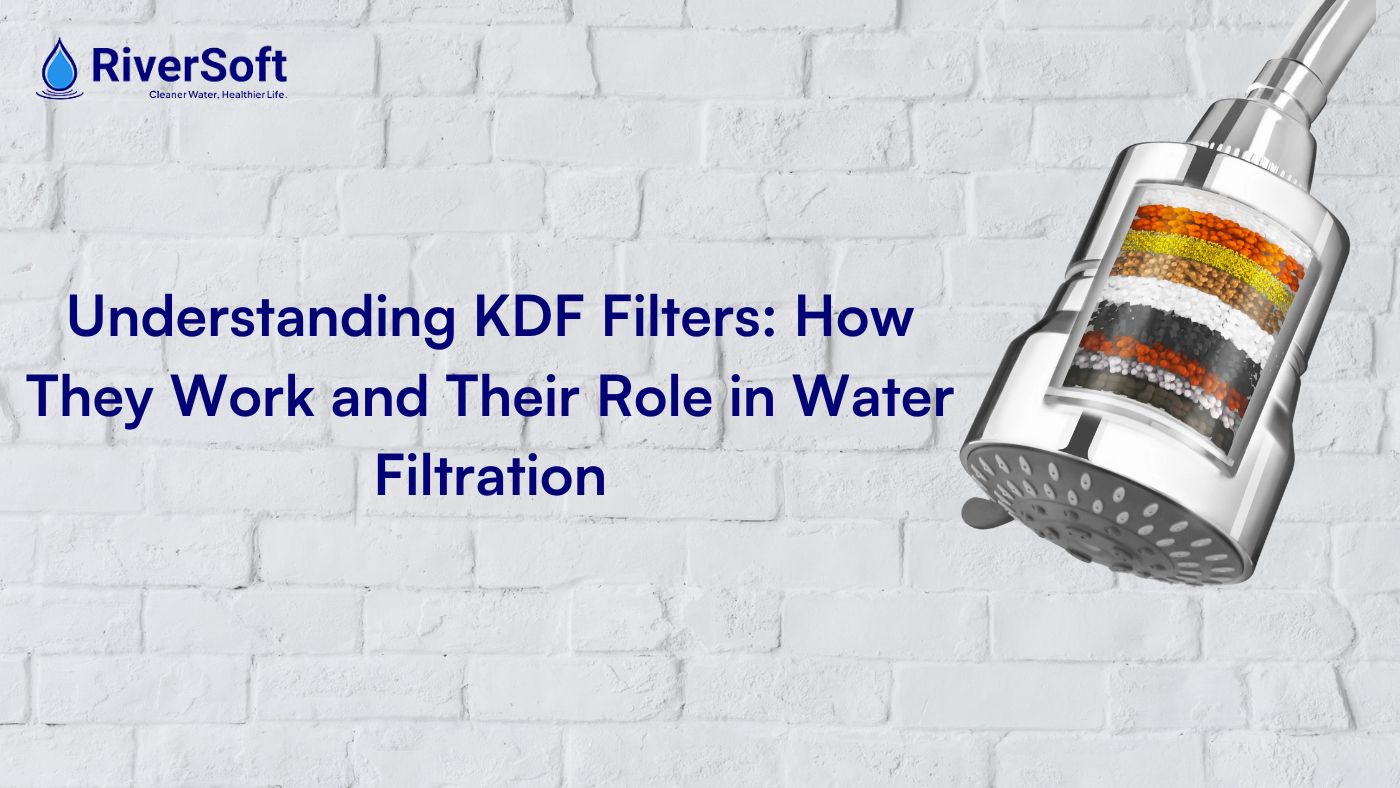
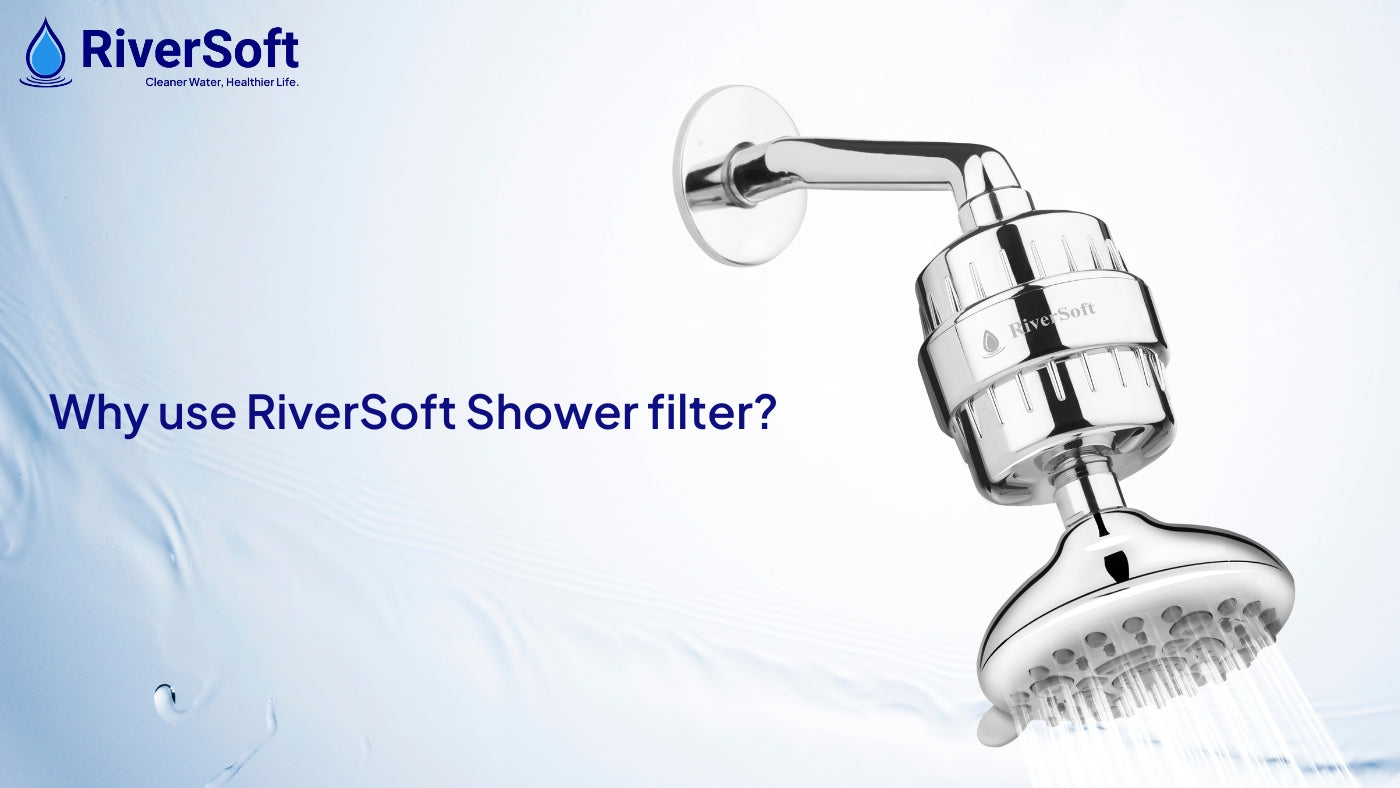
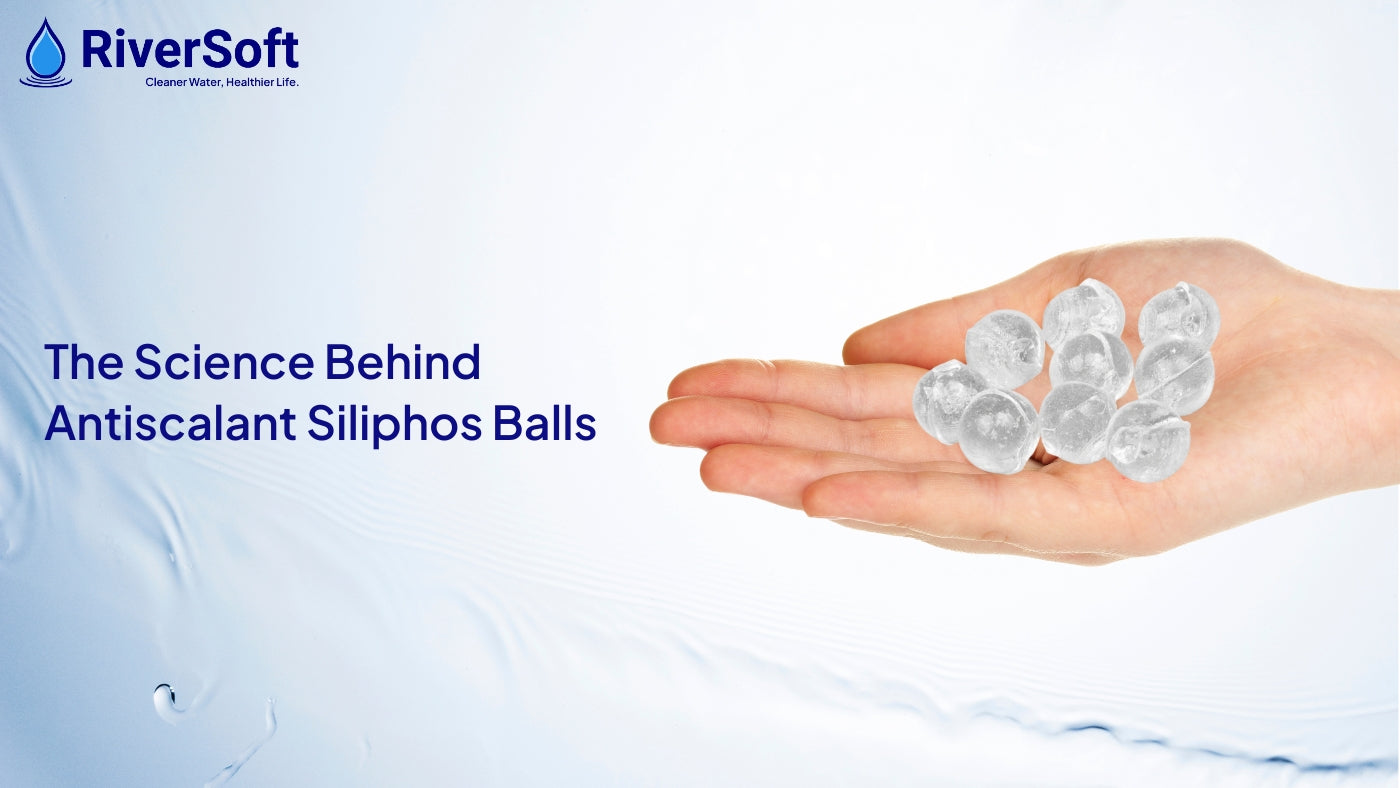
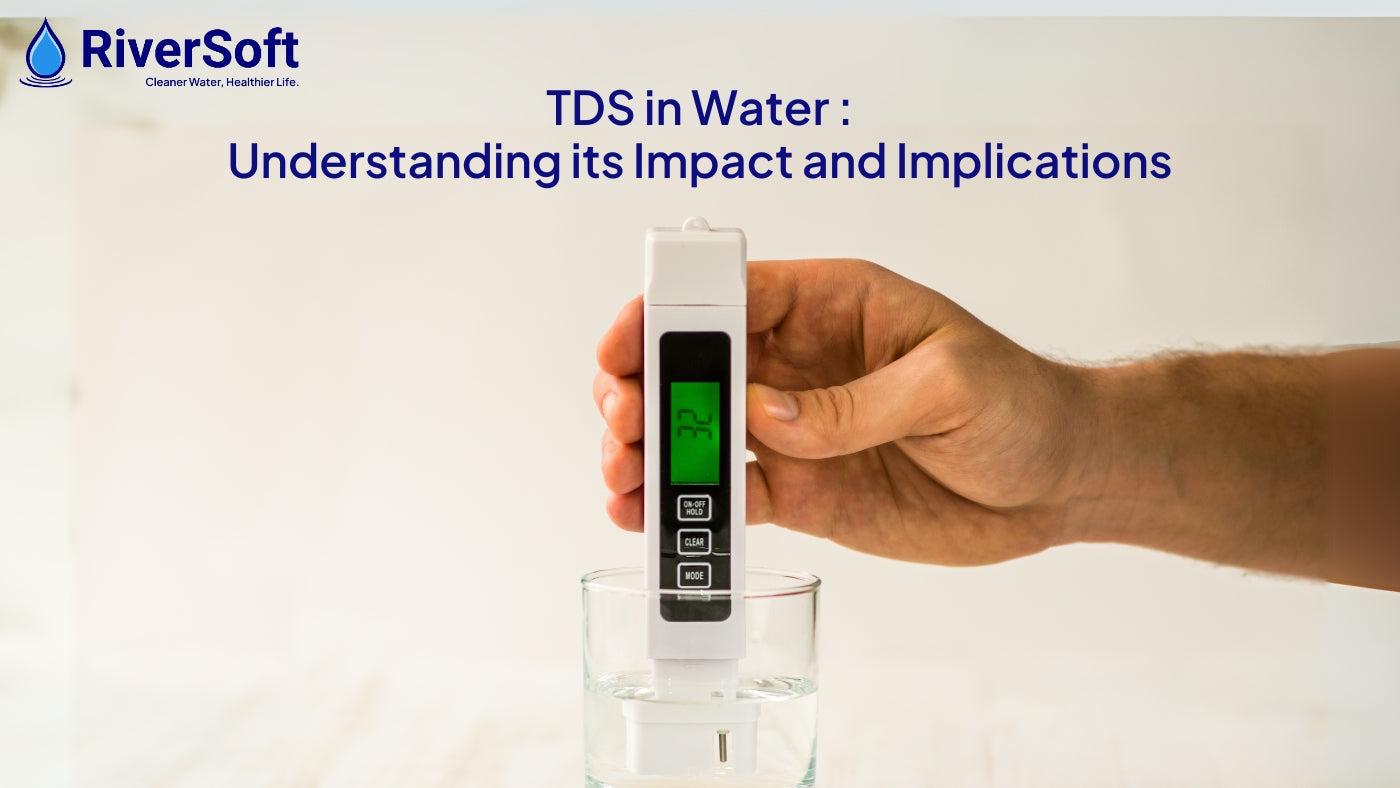



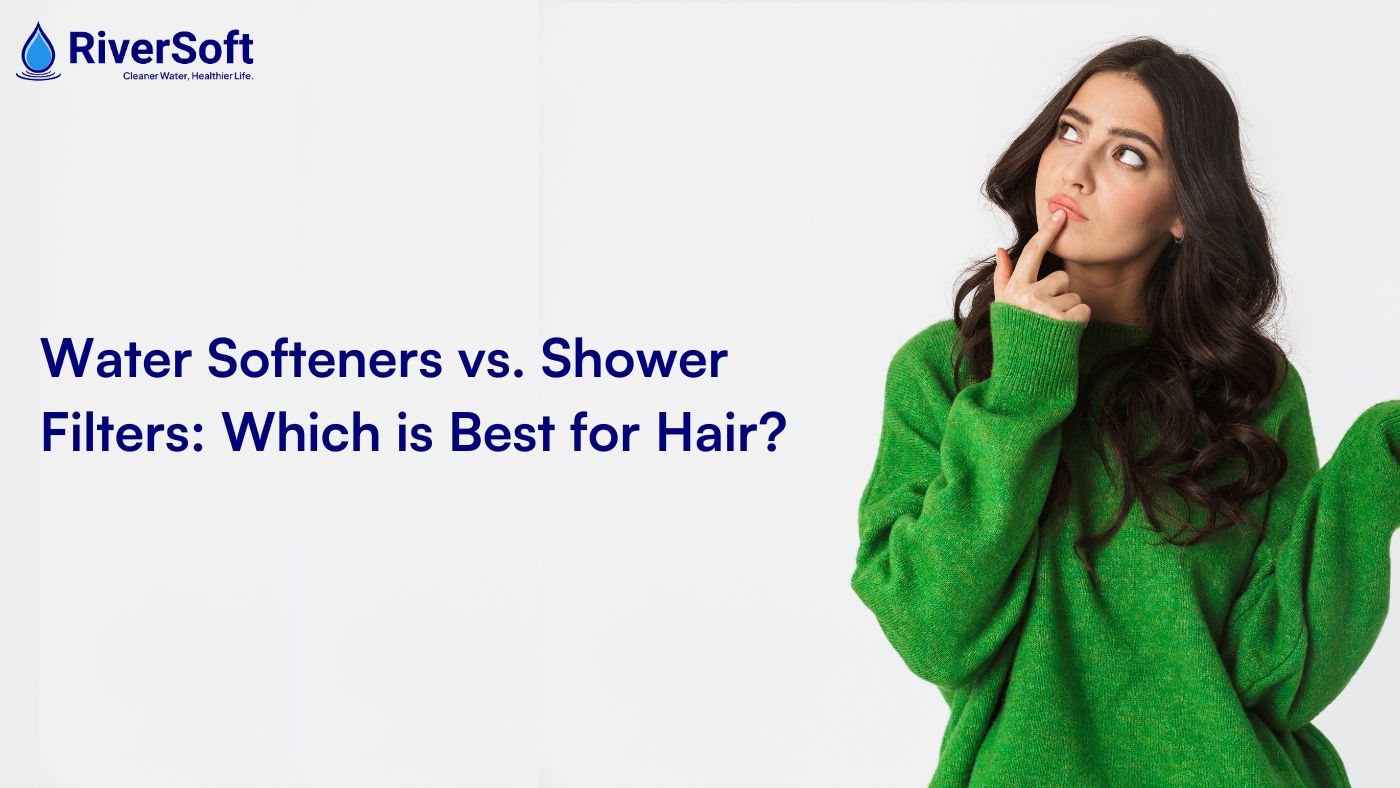
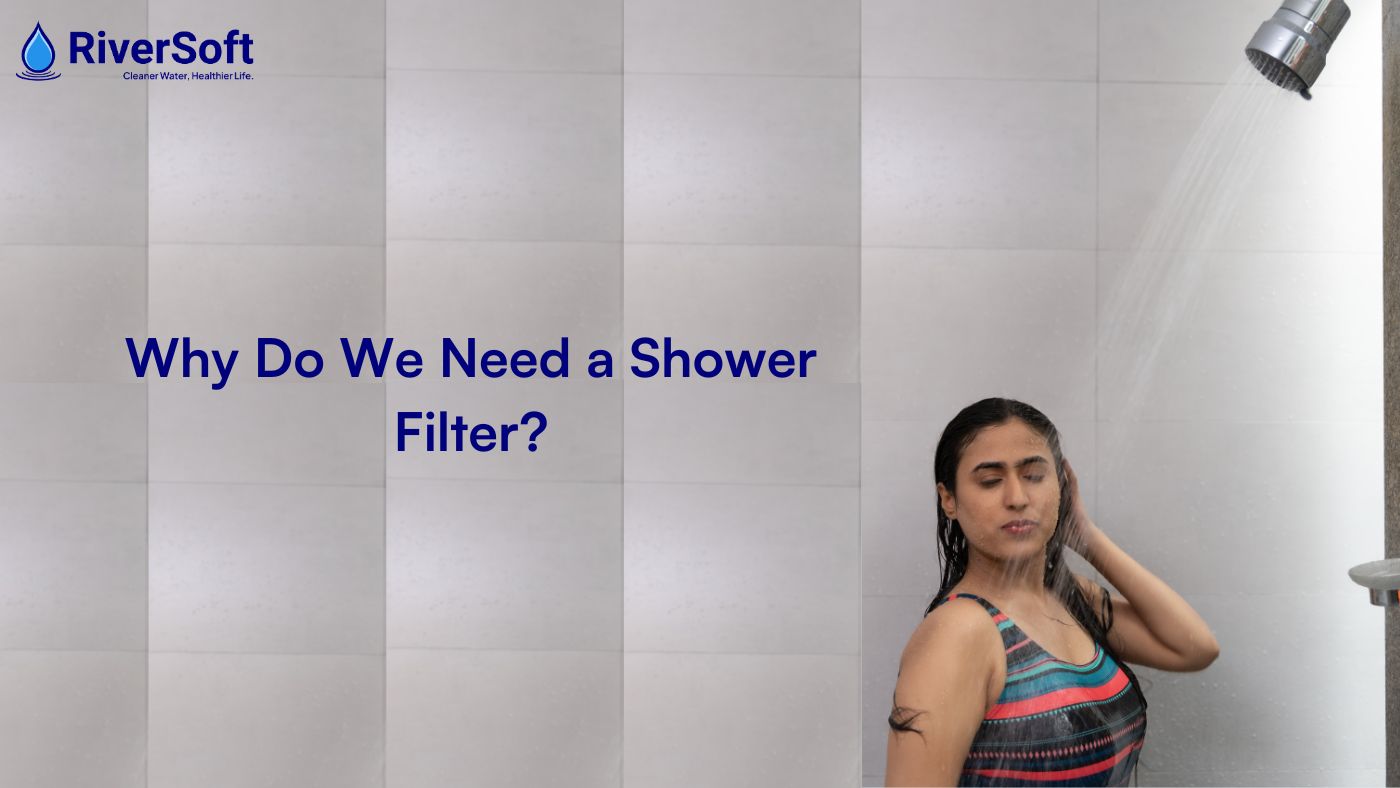







Ashutosh was inspired to solve water quality issues after witnessing the harmful effects of hard water on his family’s health and home. Recognizing the widespread impact of poor water quality, he committed to creating innovative solutions that ensure safe and clean water for everyone. He is an alumnus of IIT Delhi and IIM Ahmedabad, bringing a strong technical and managerial background to RiverSoft.